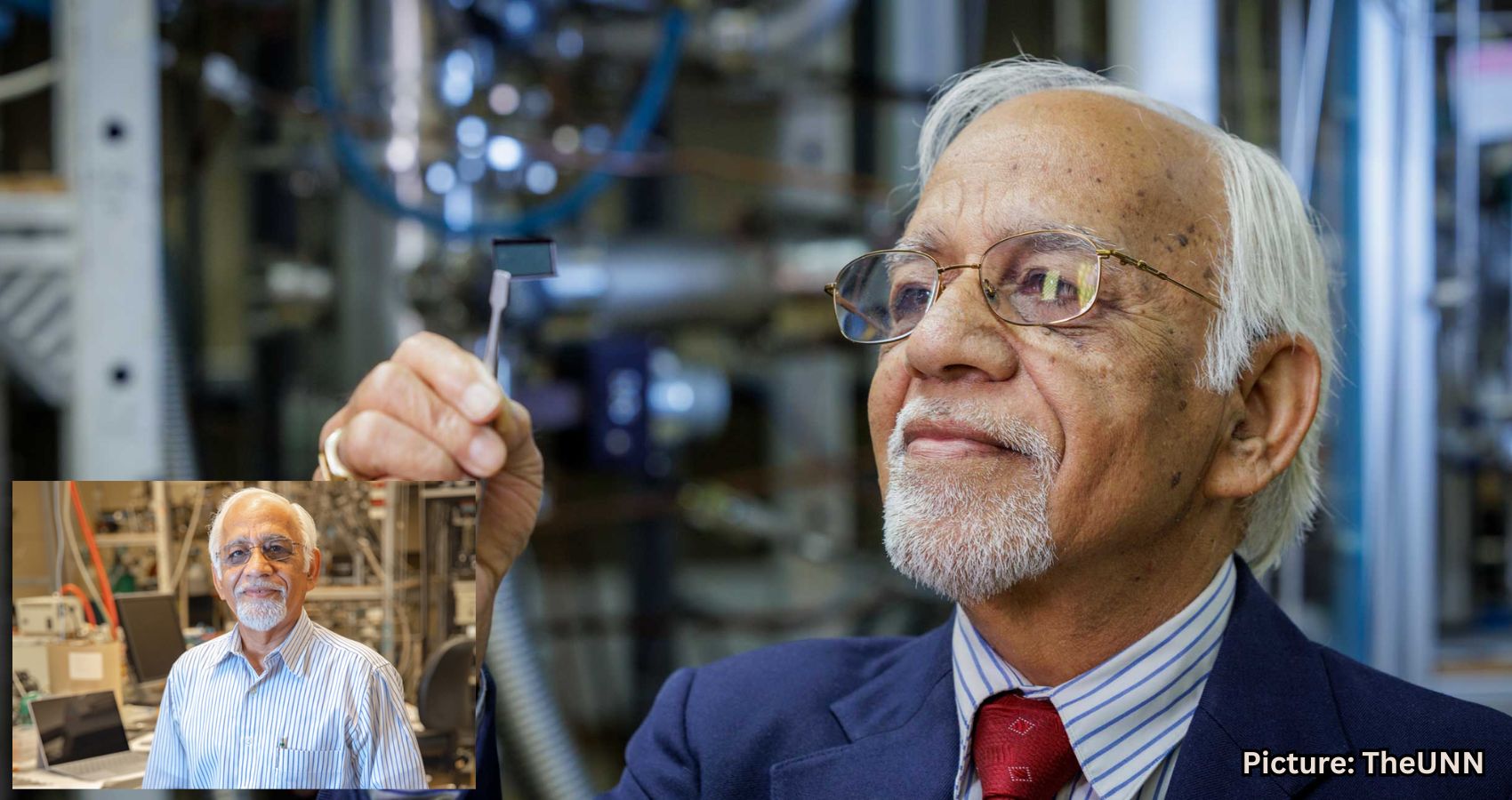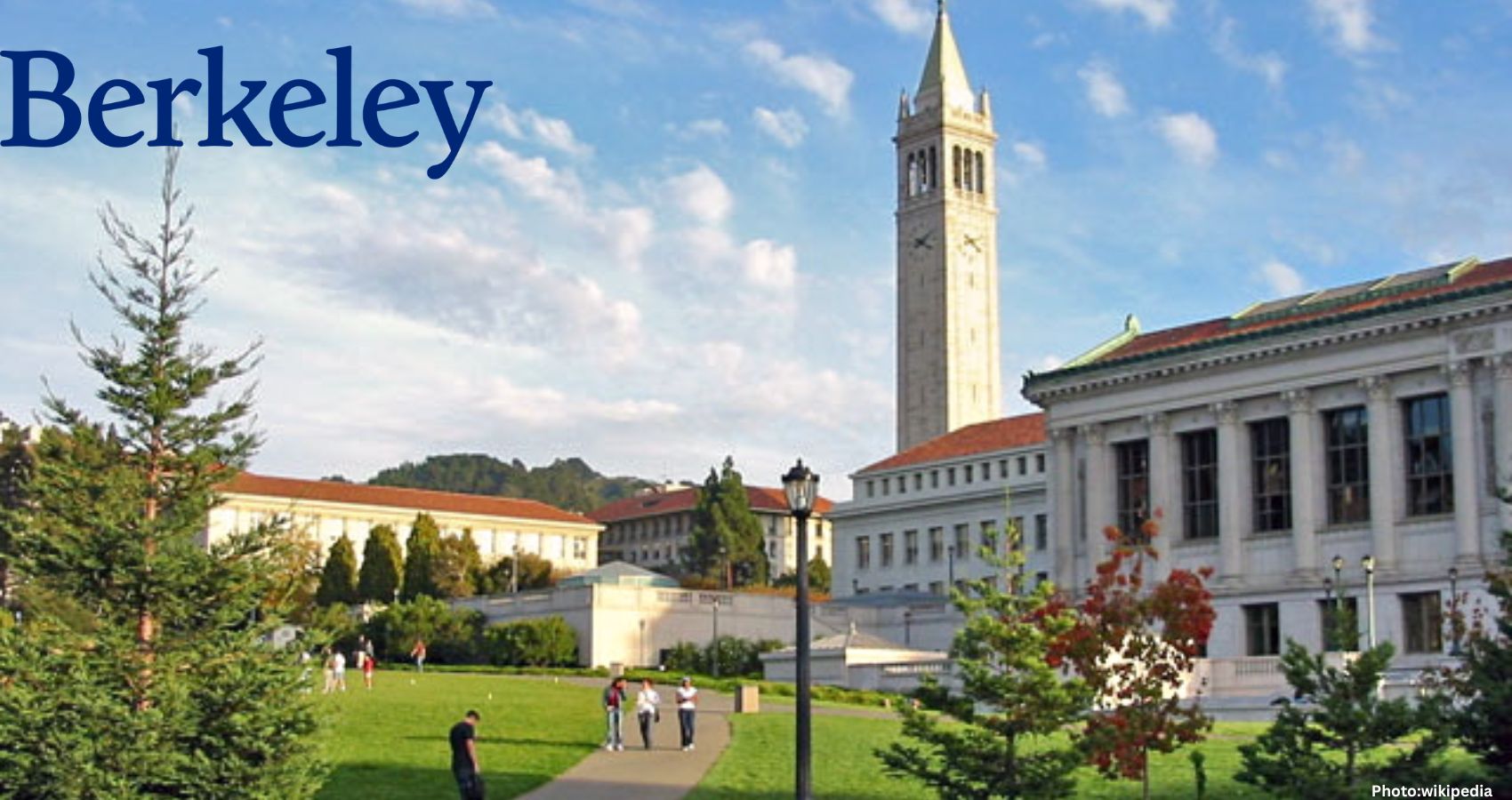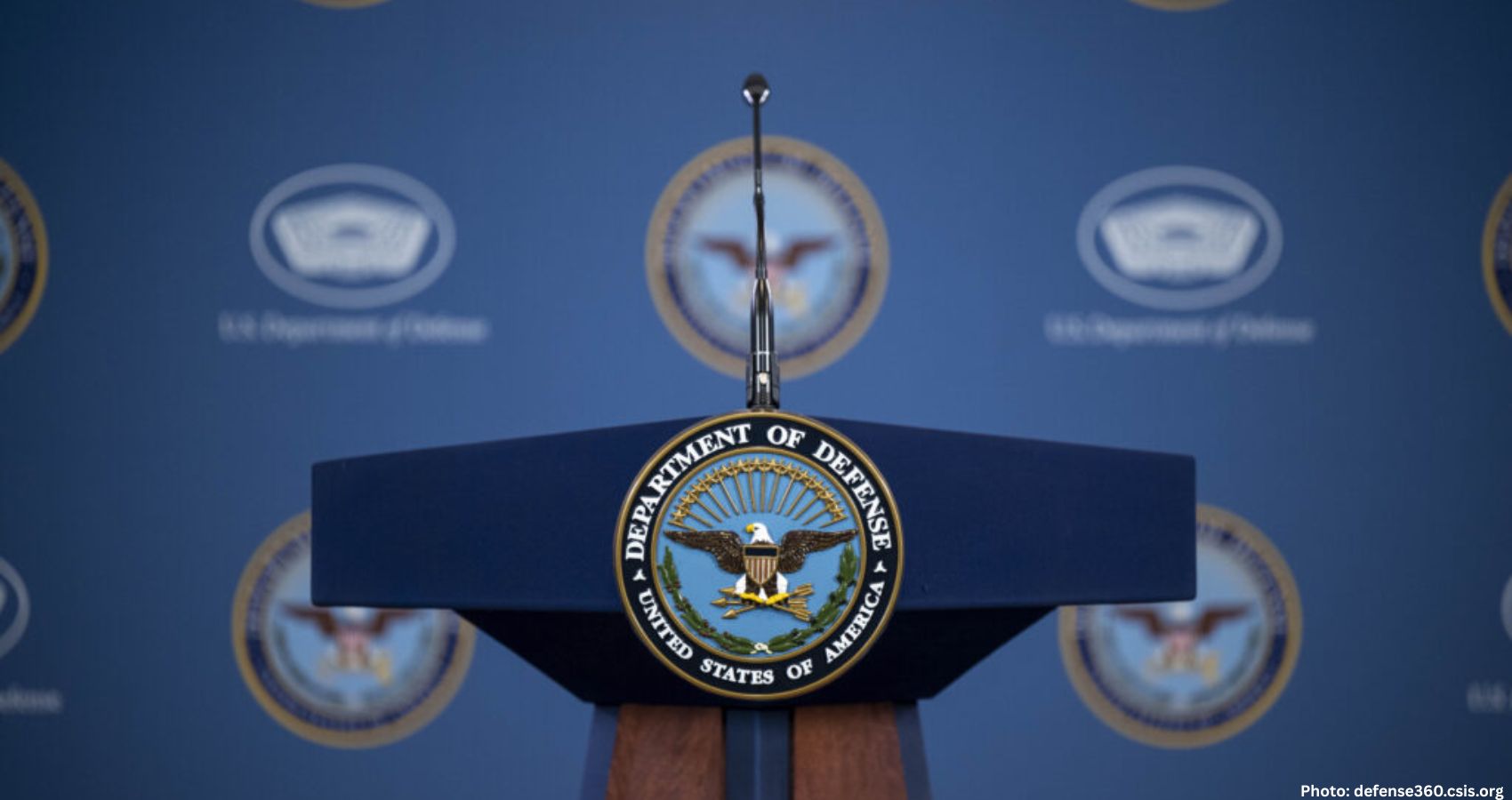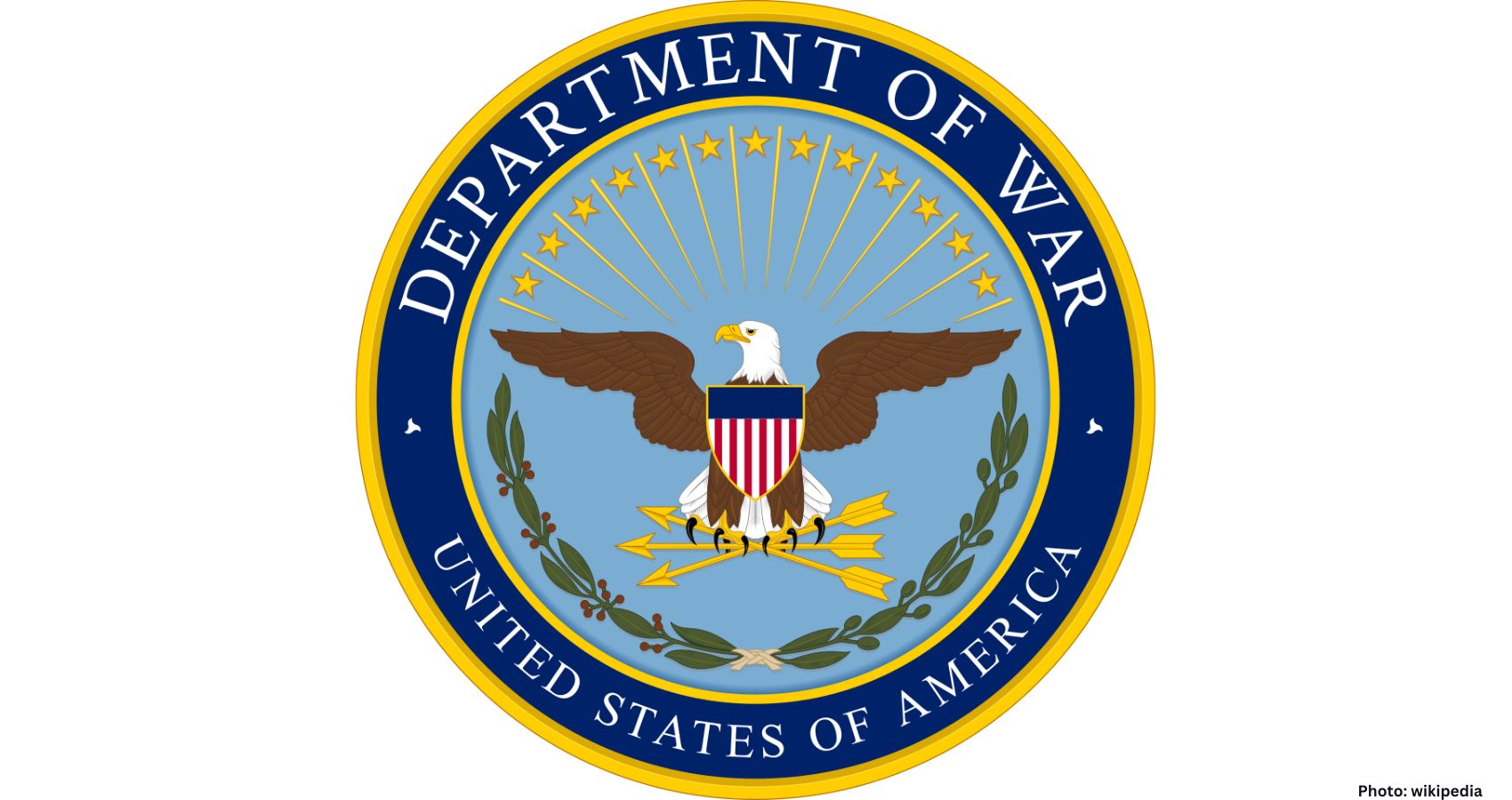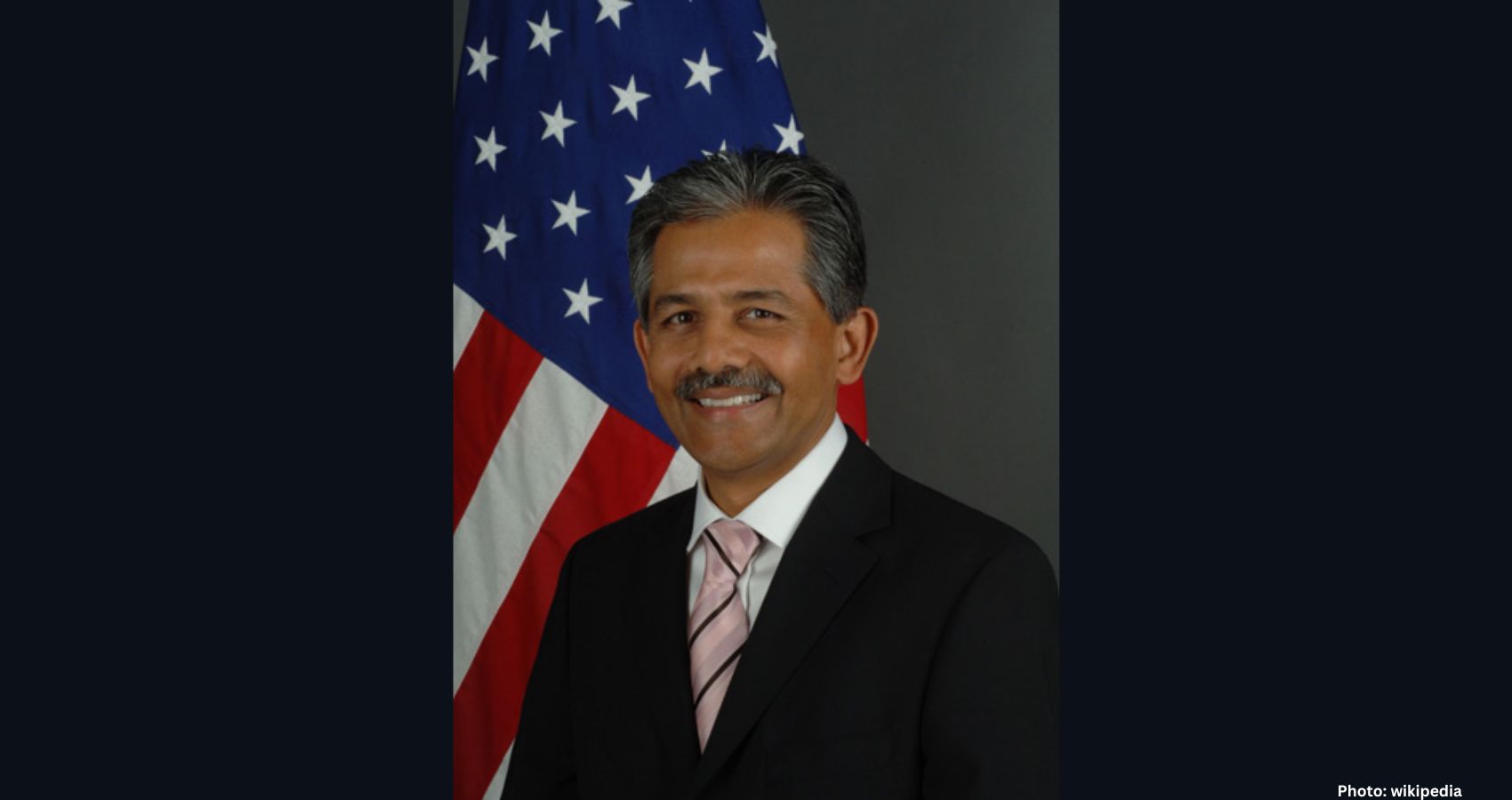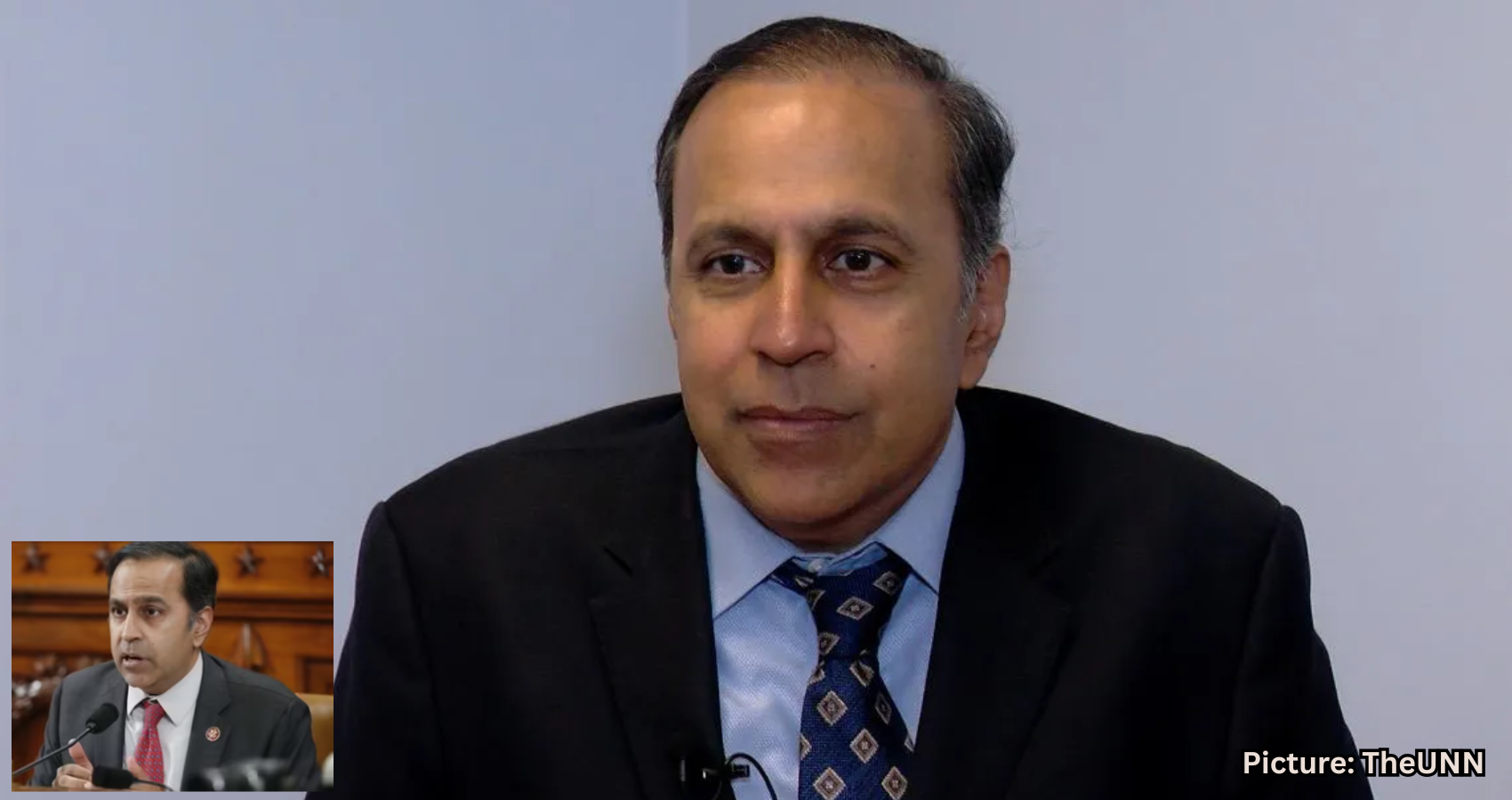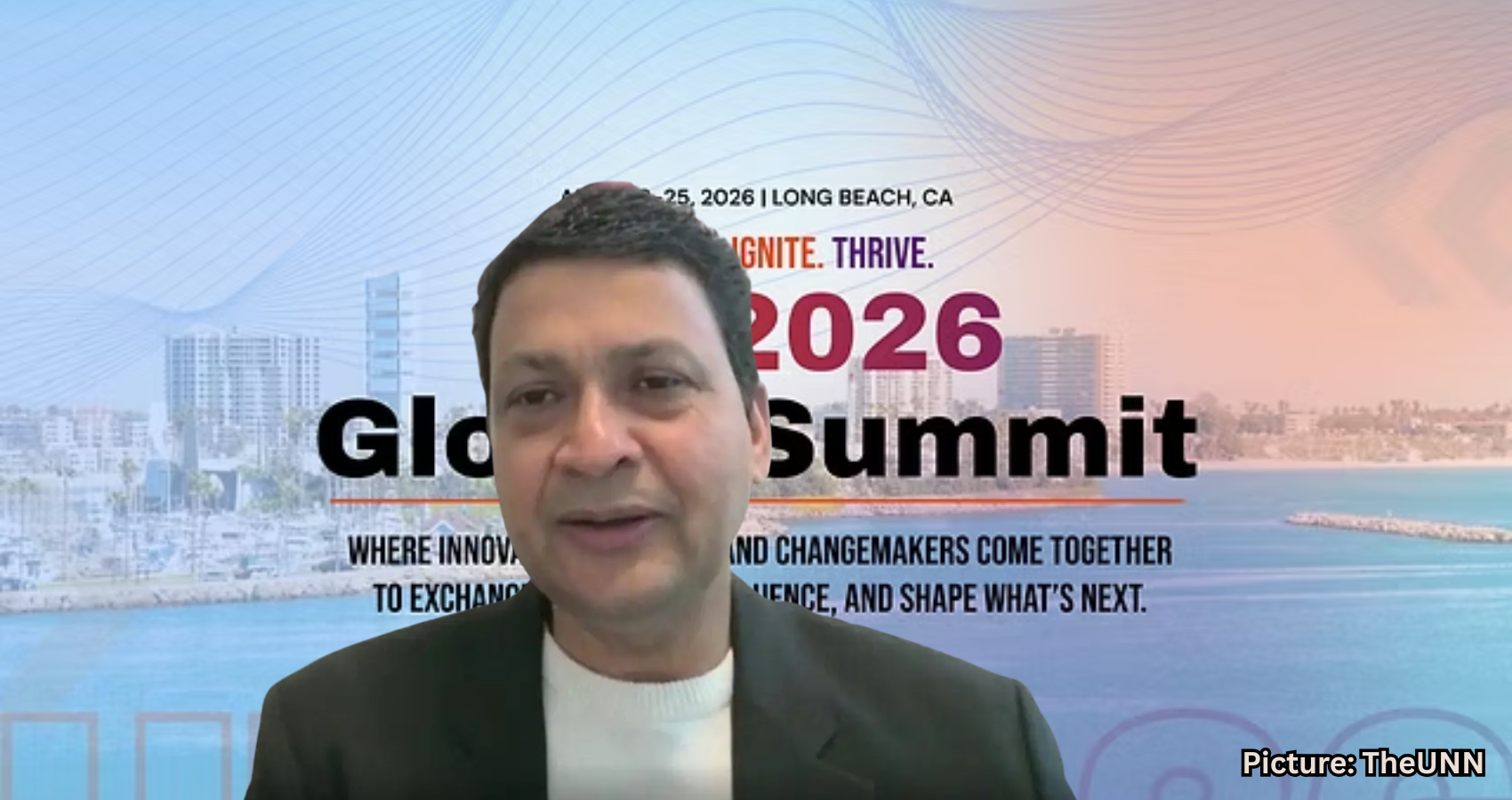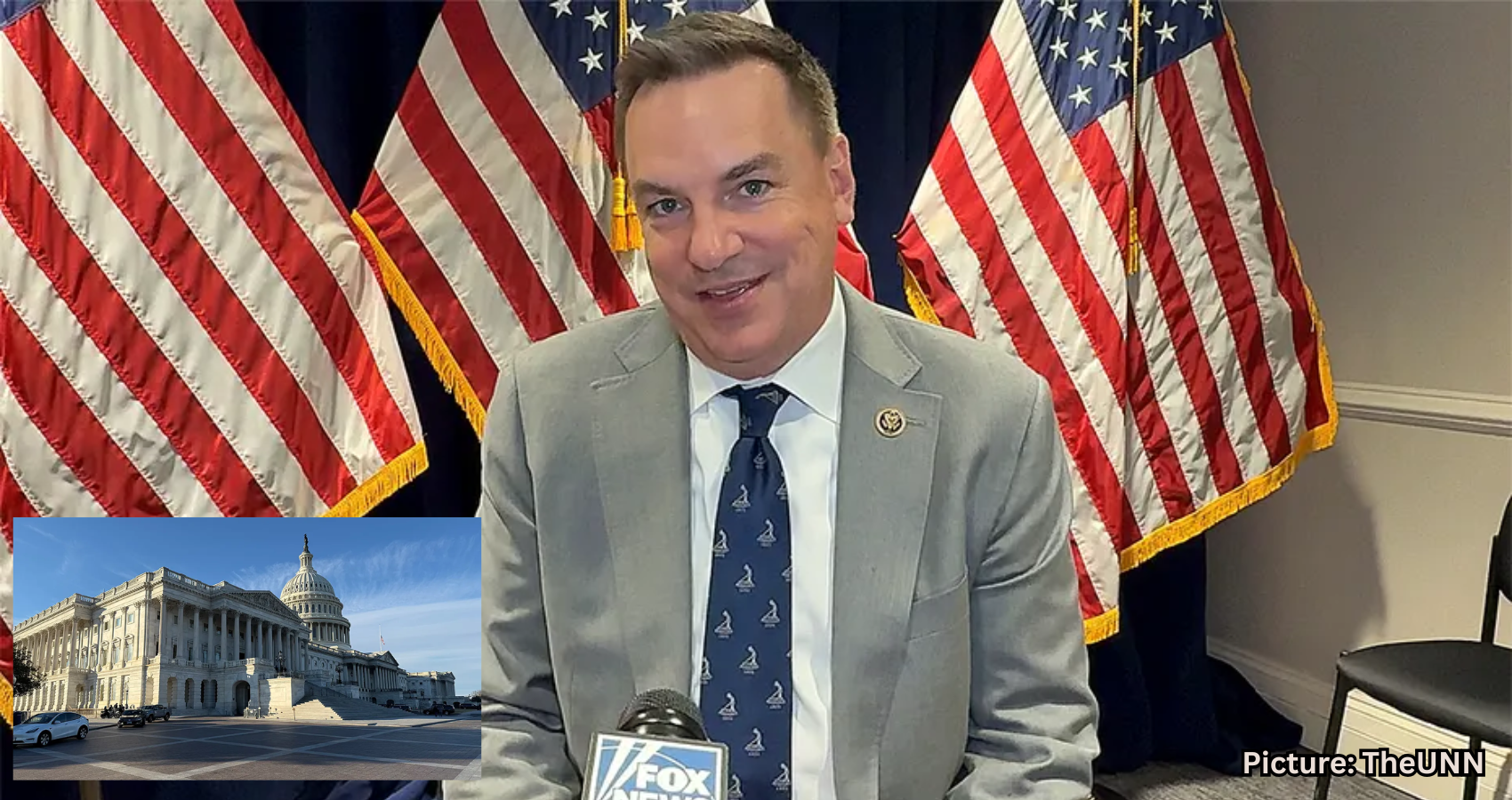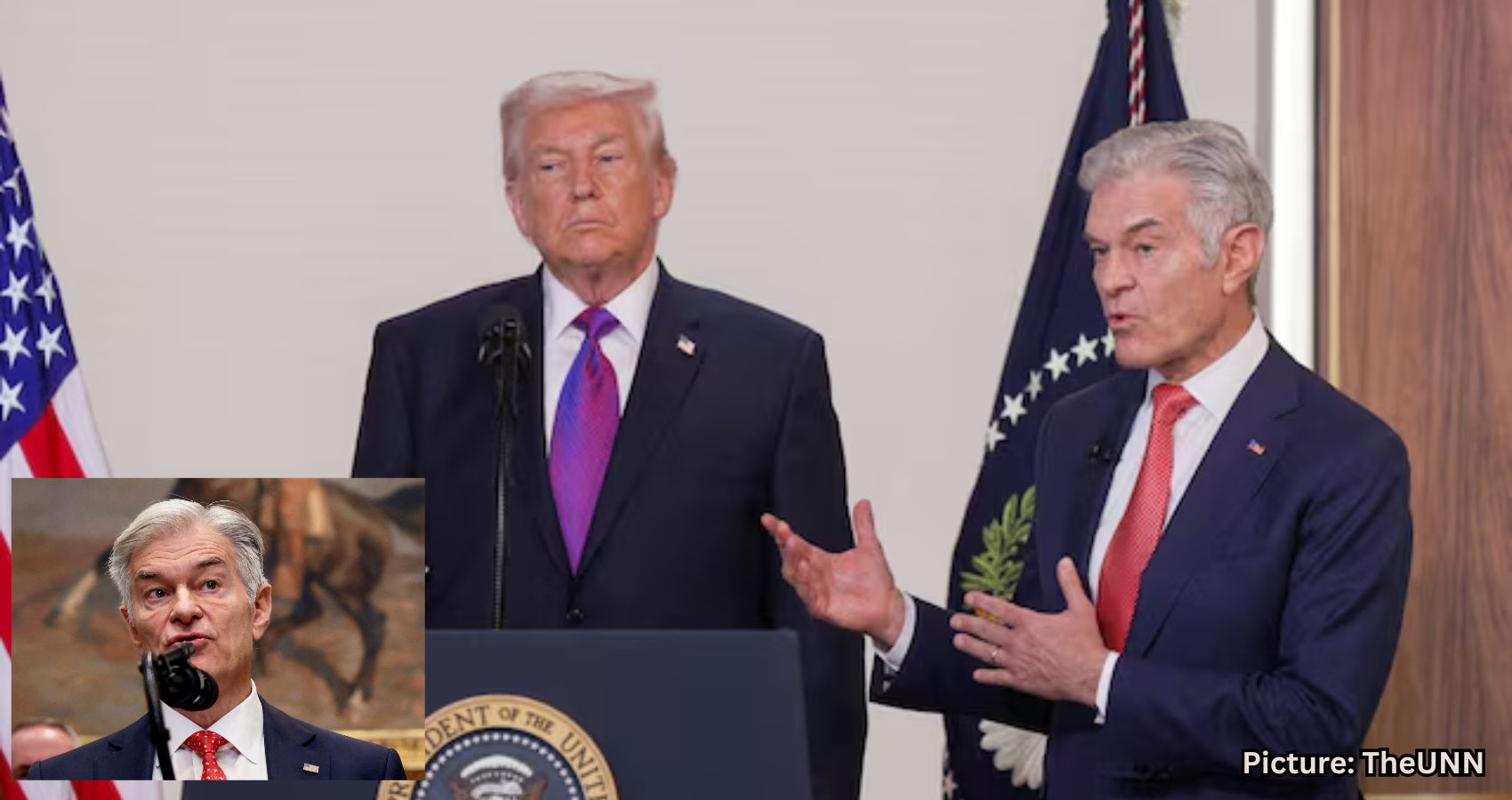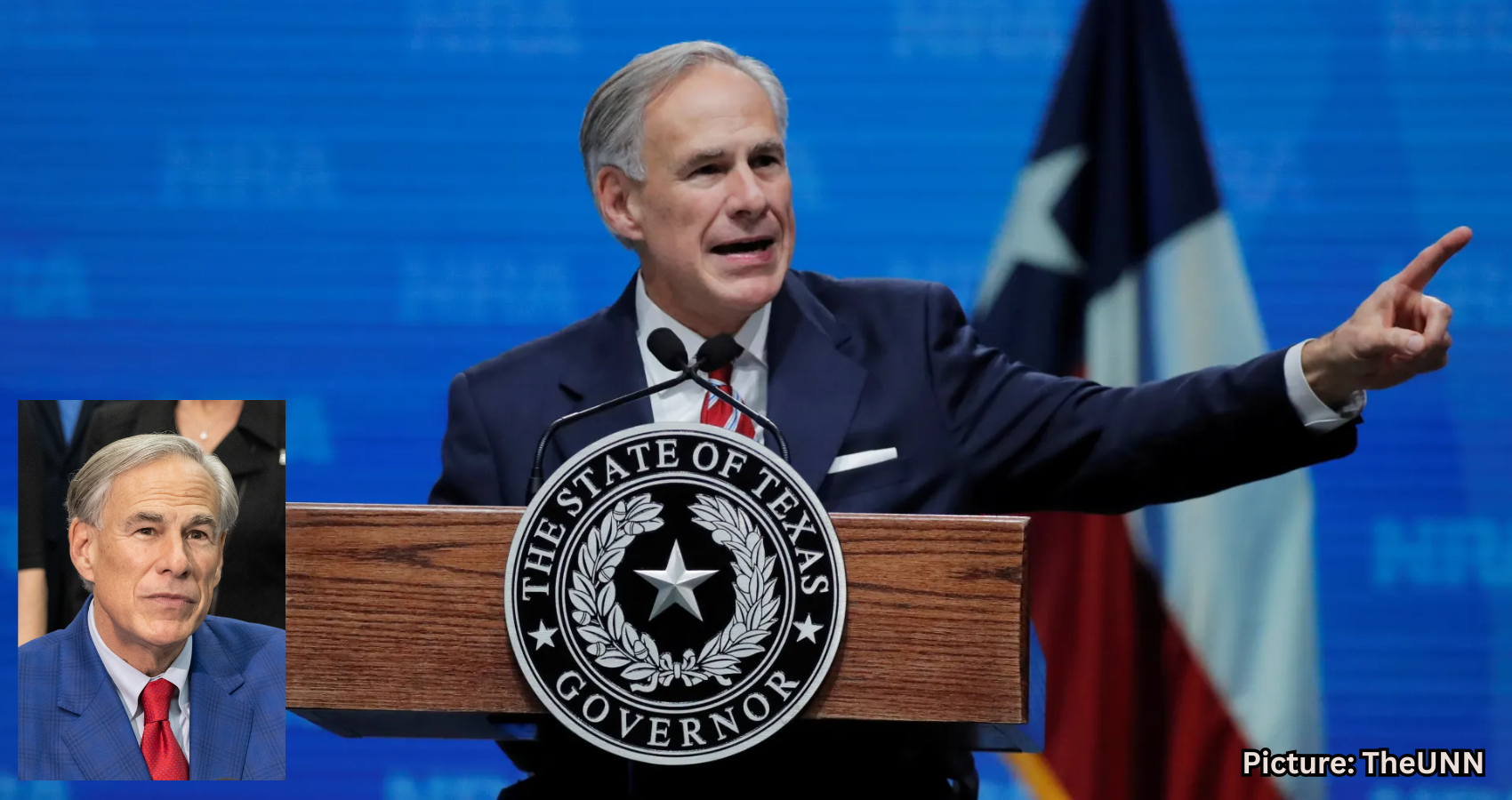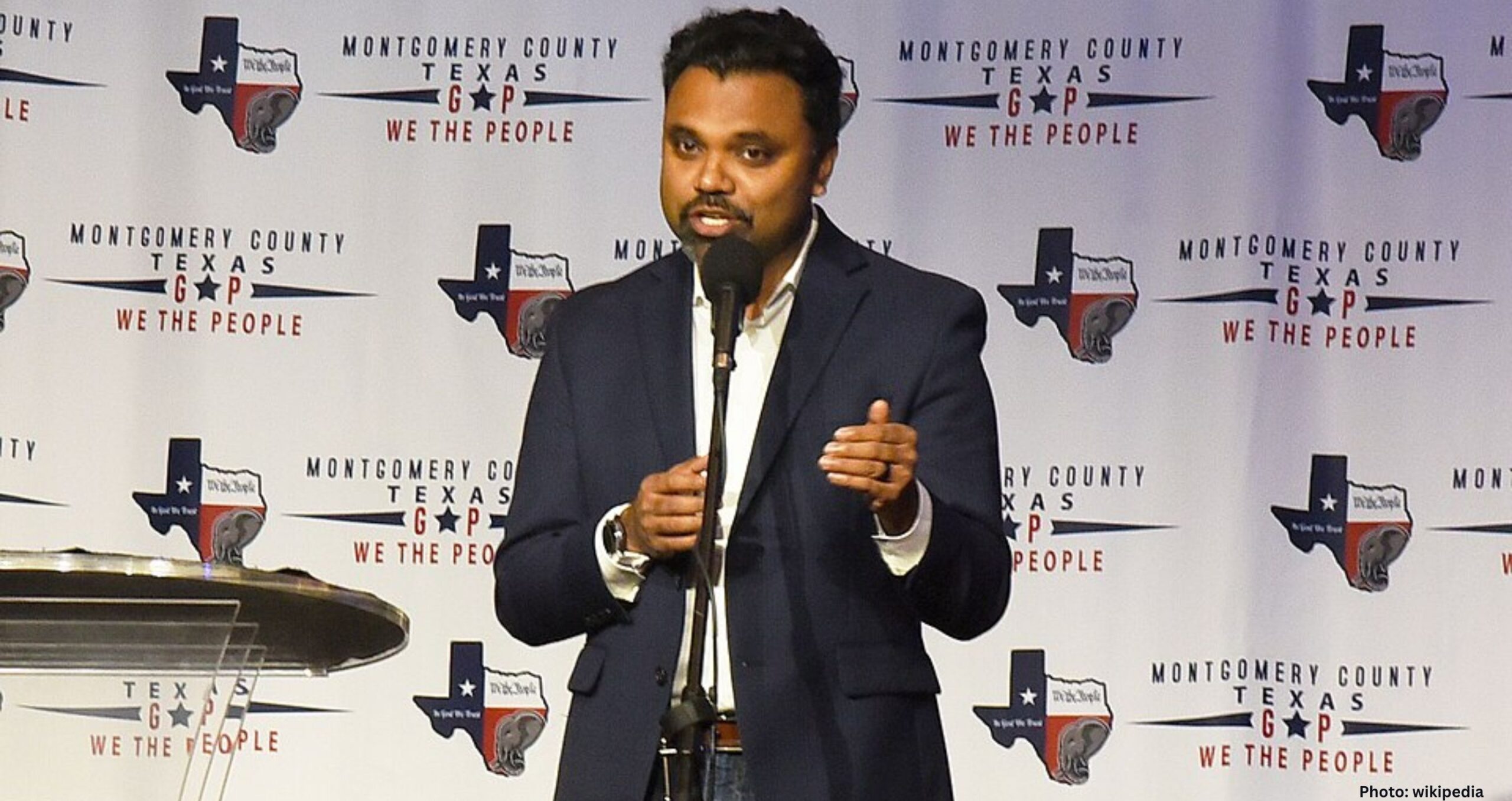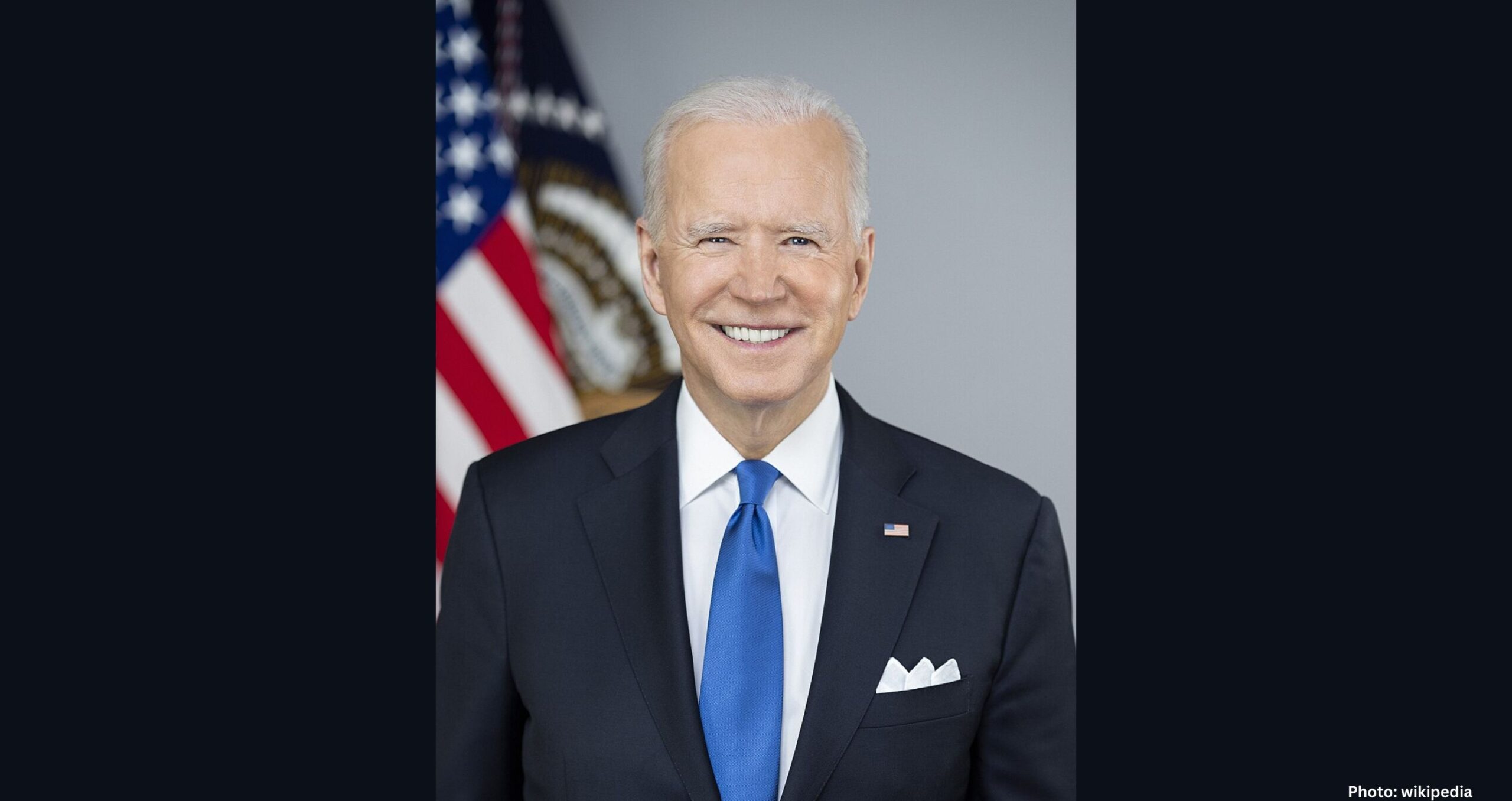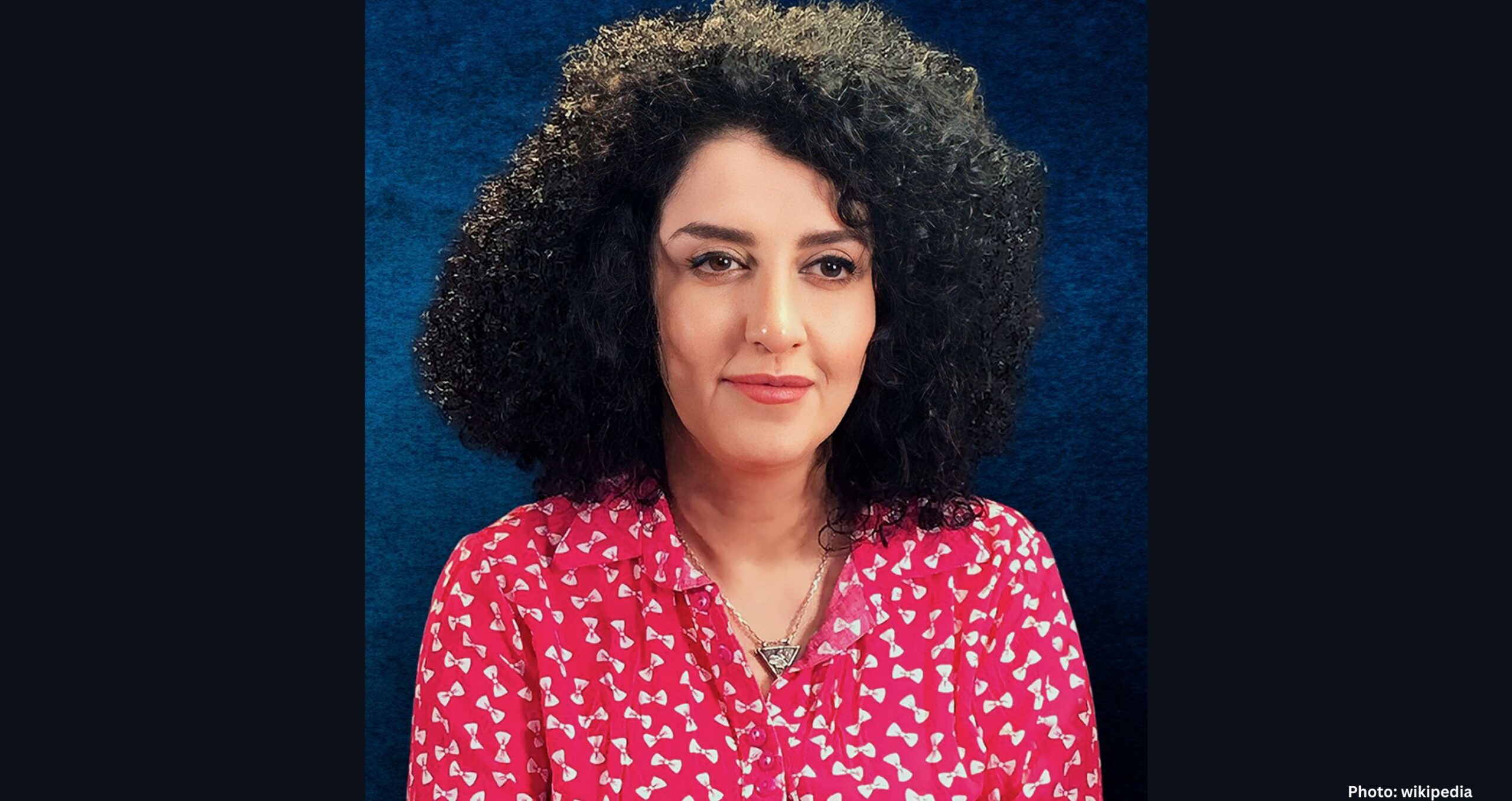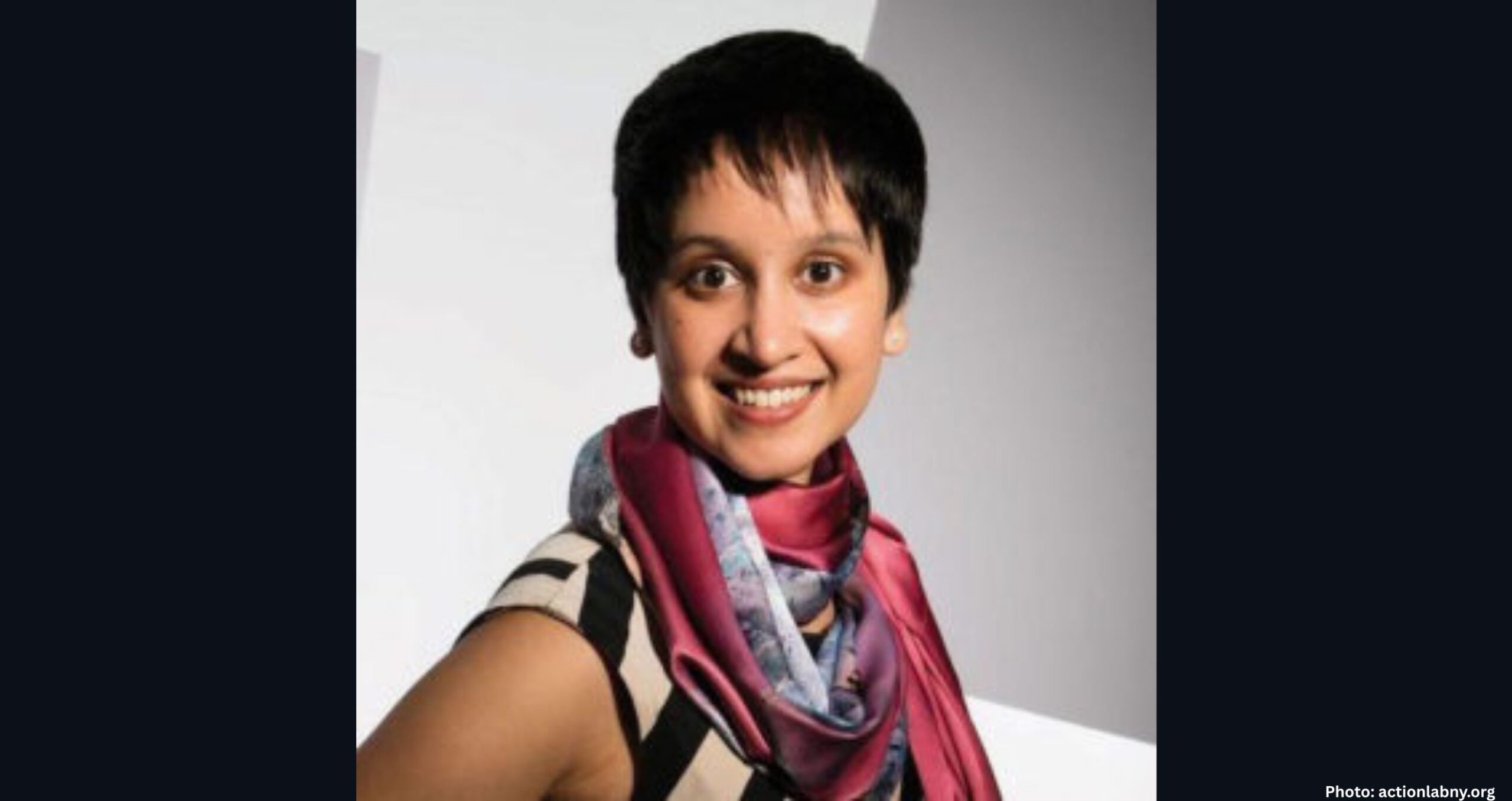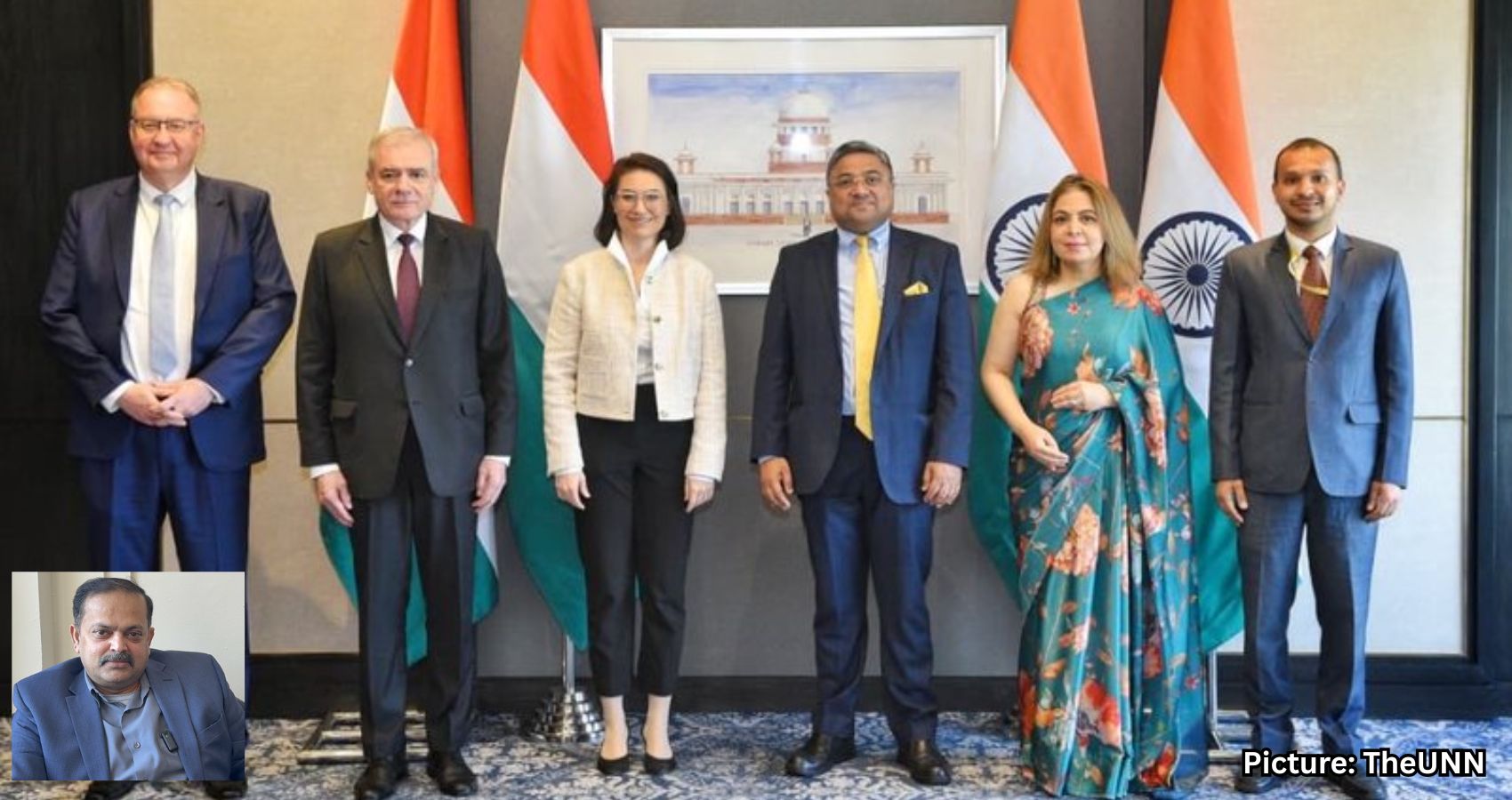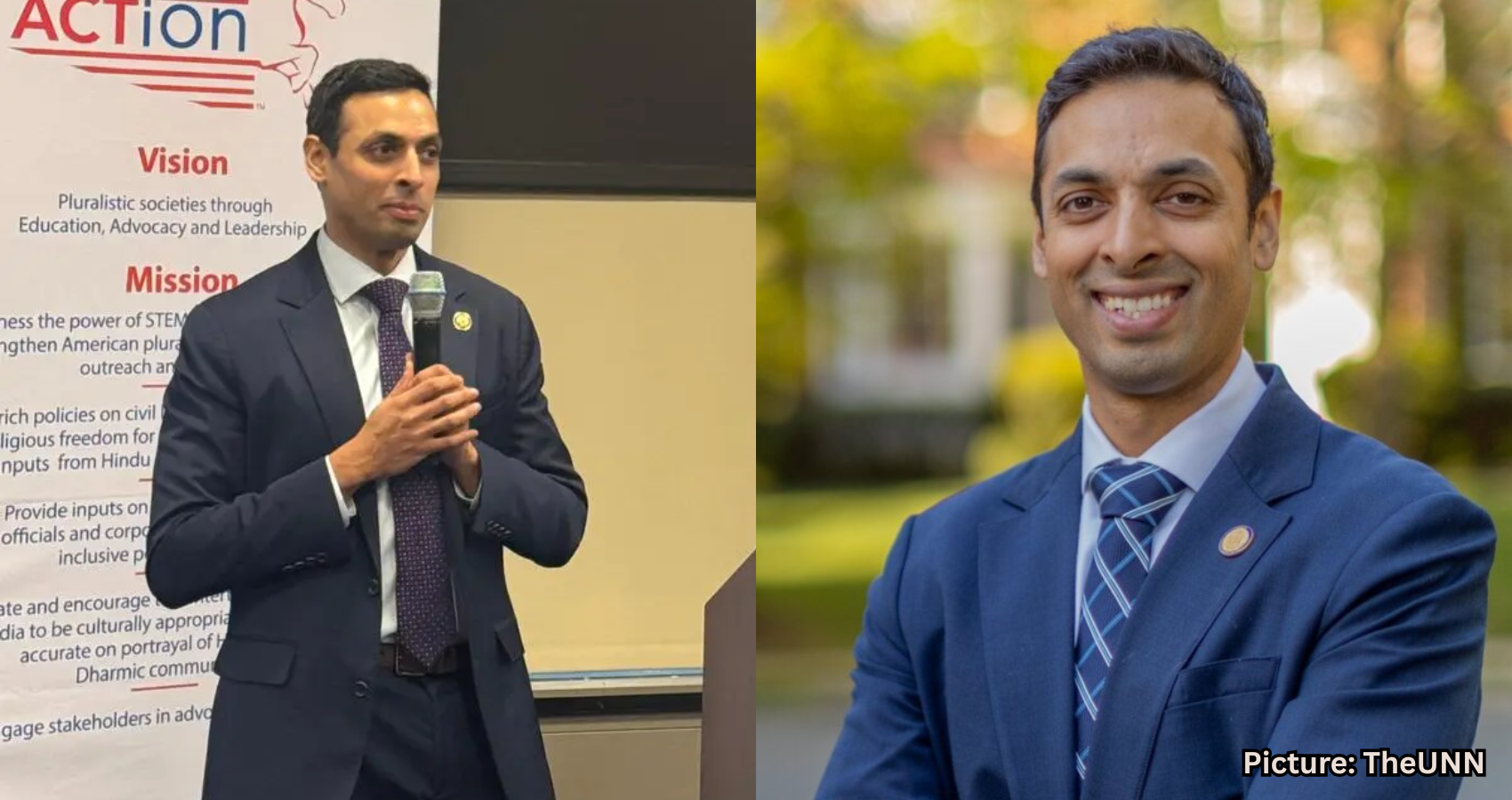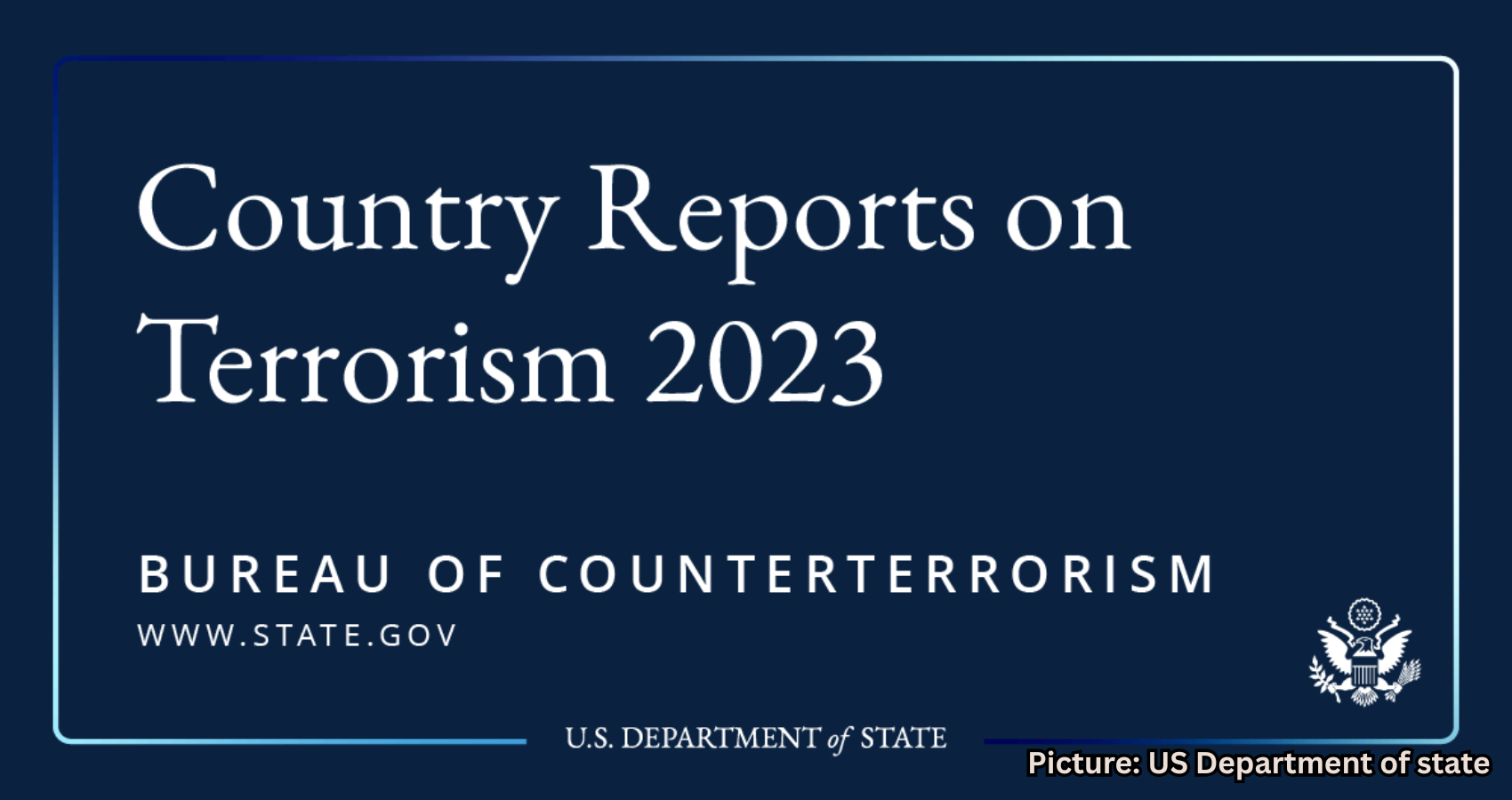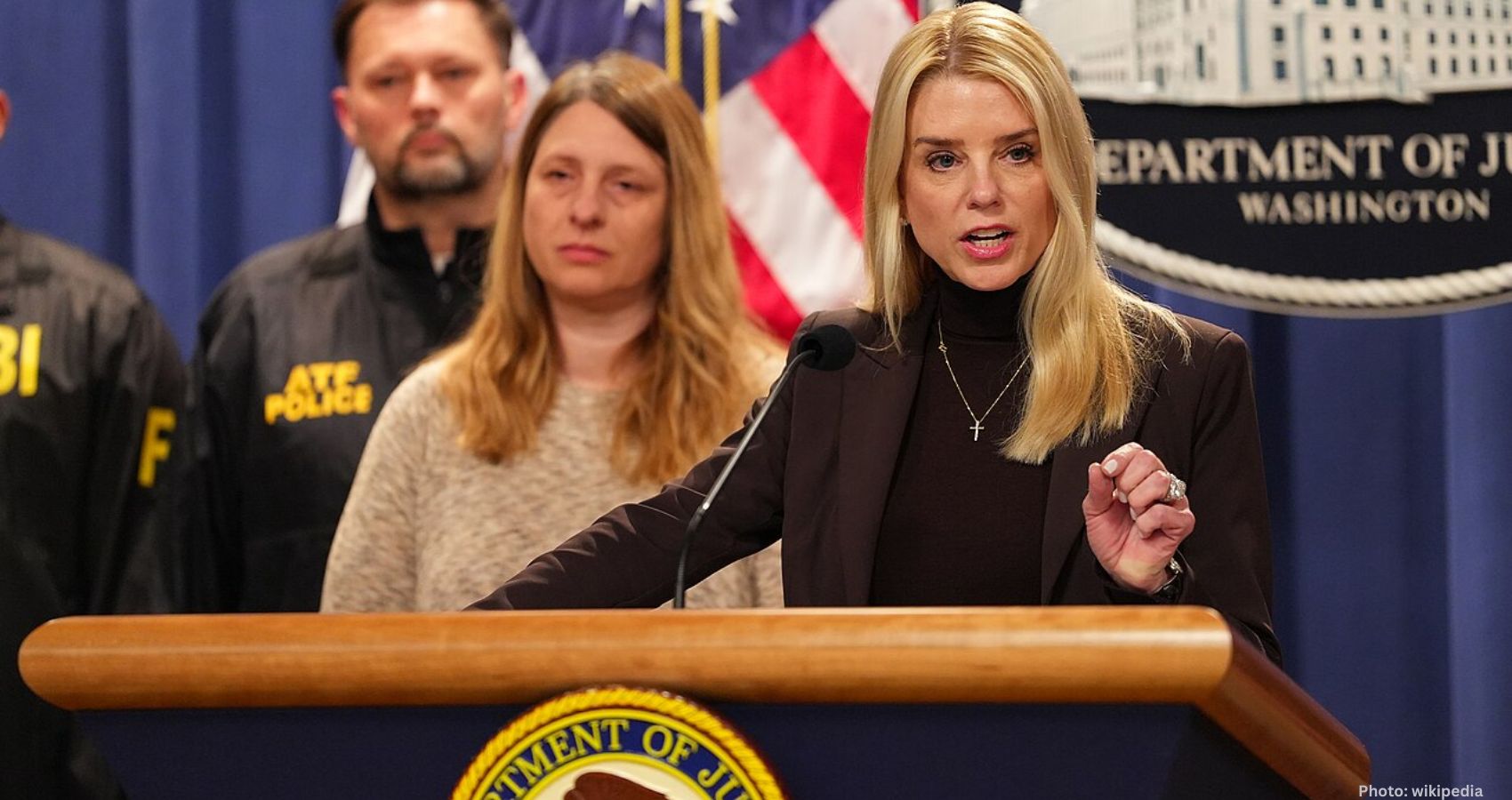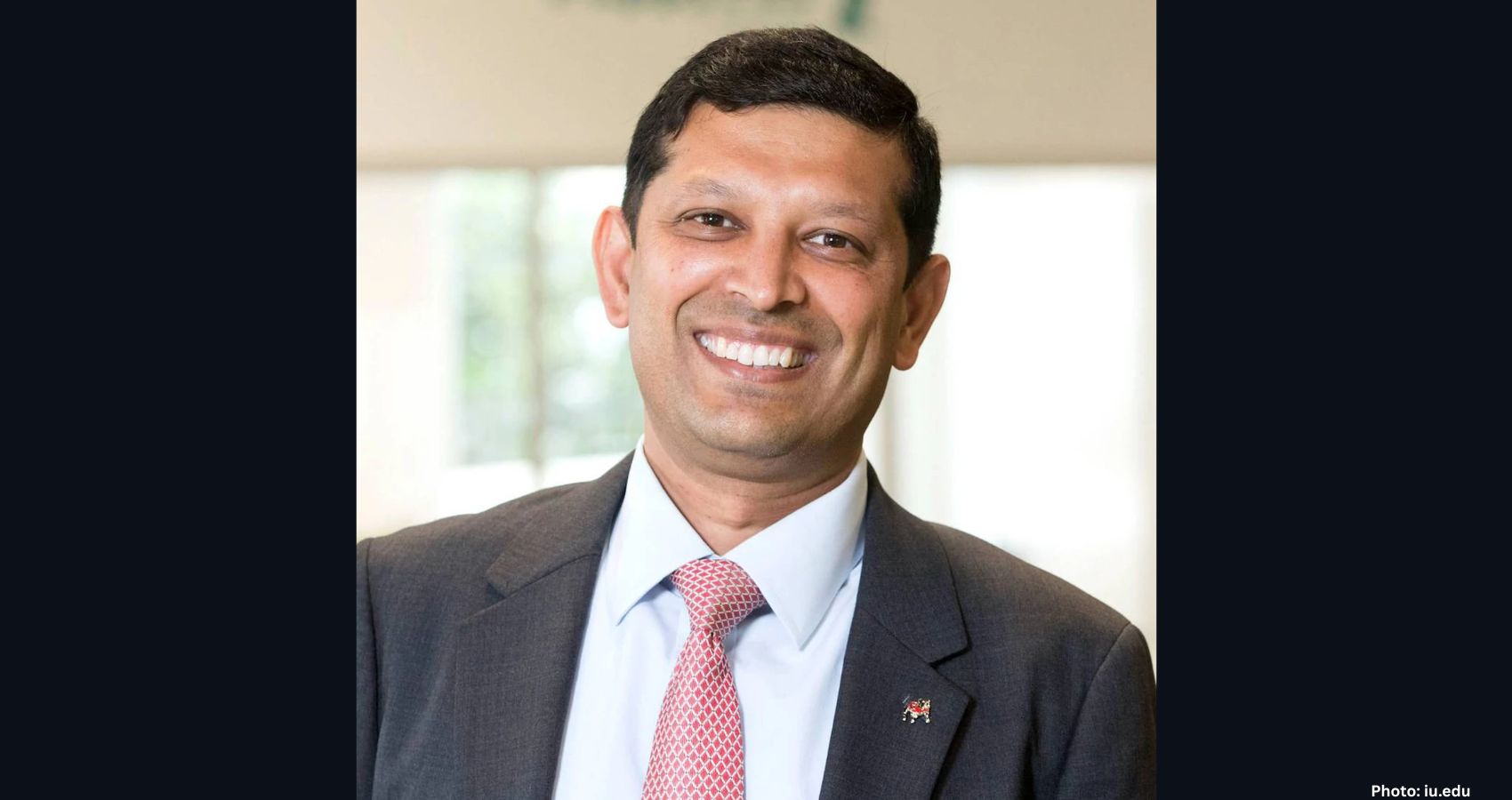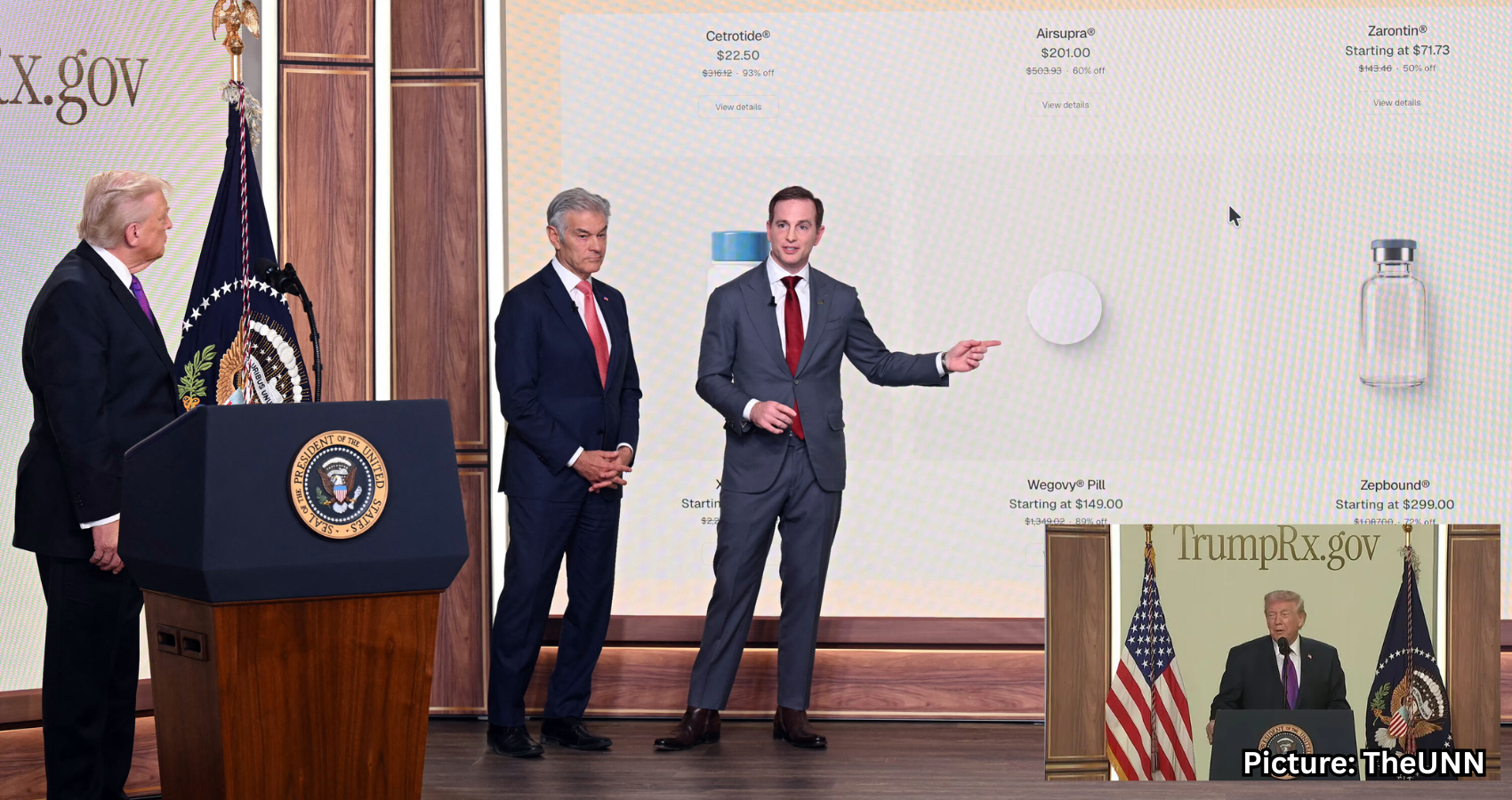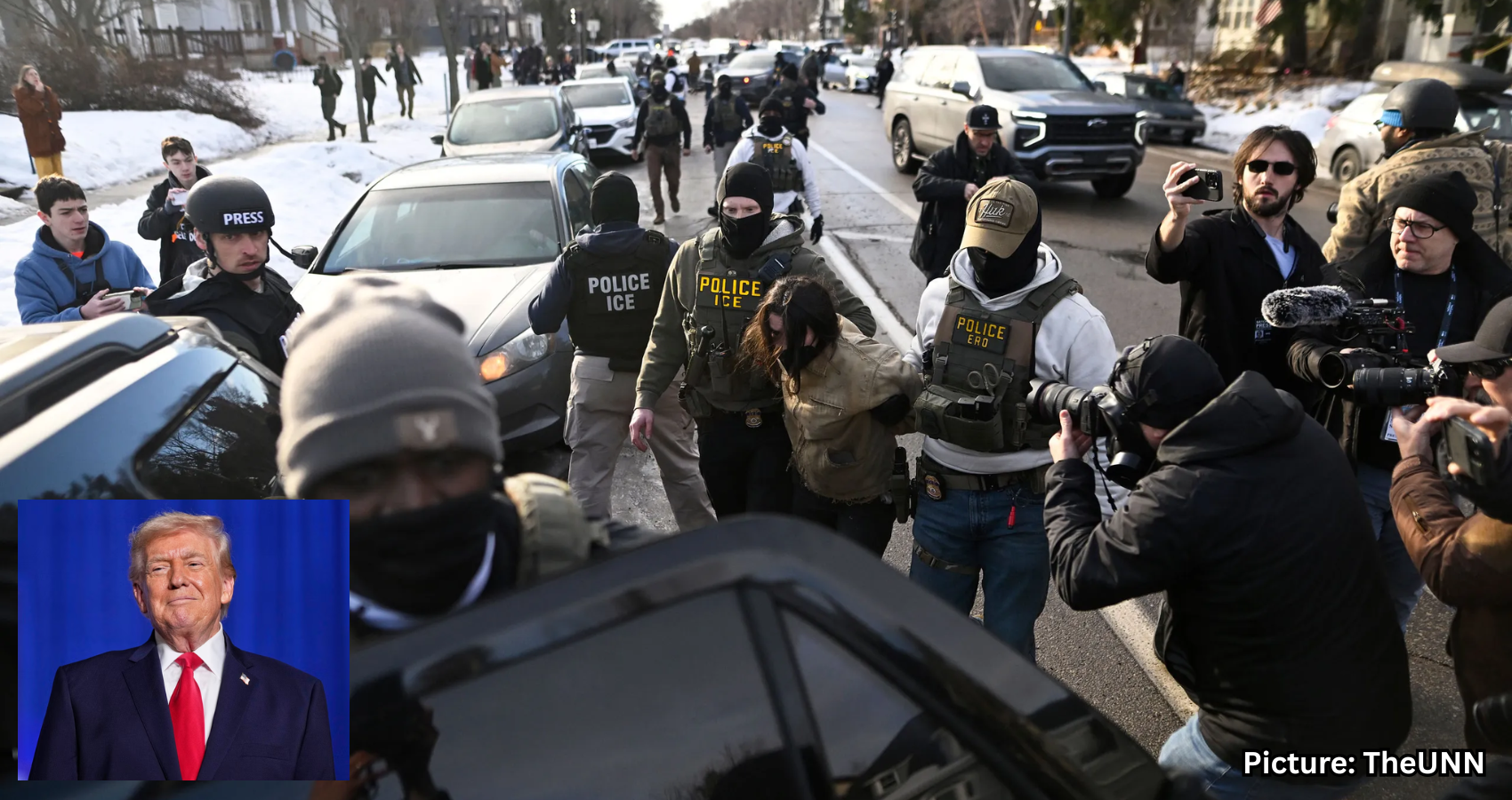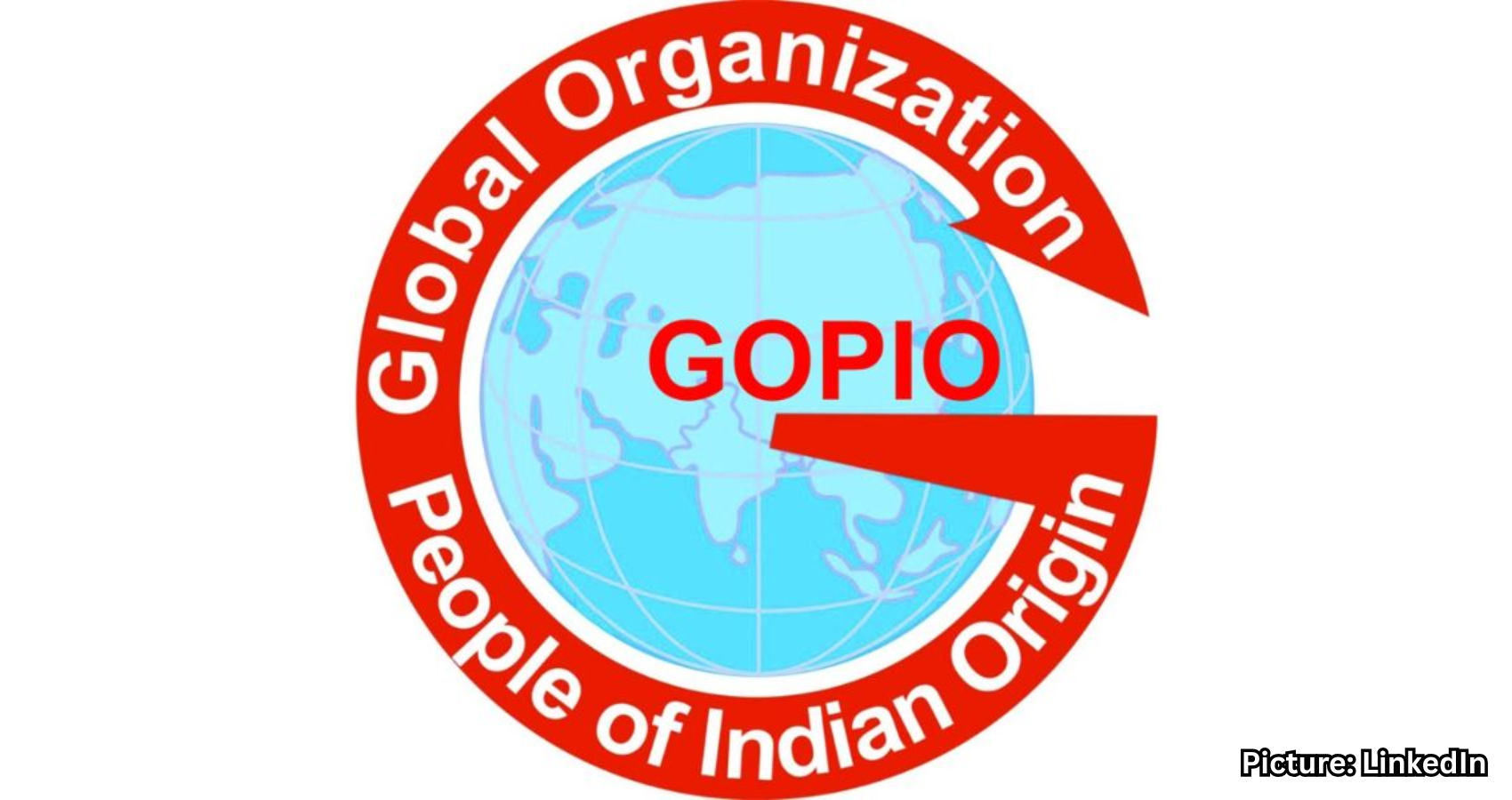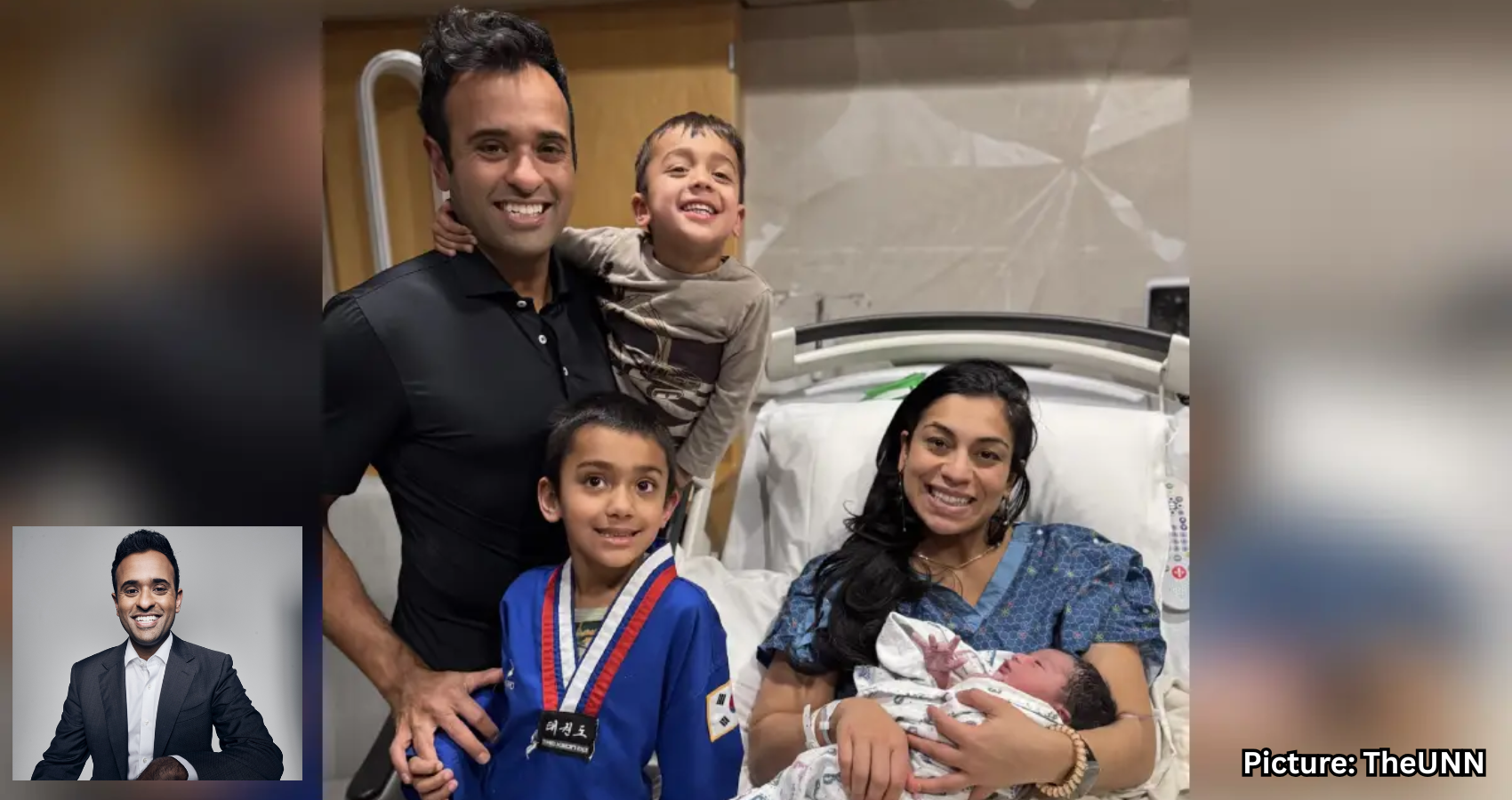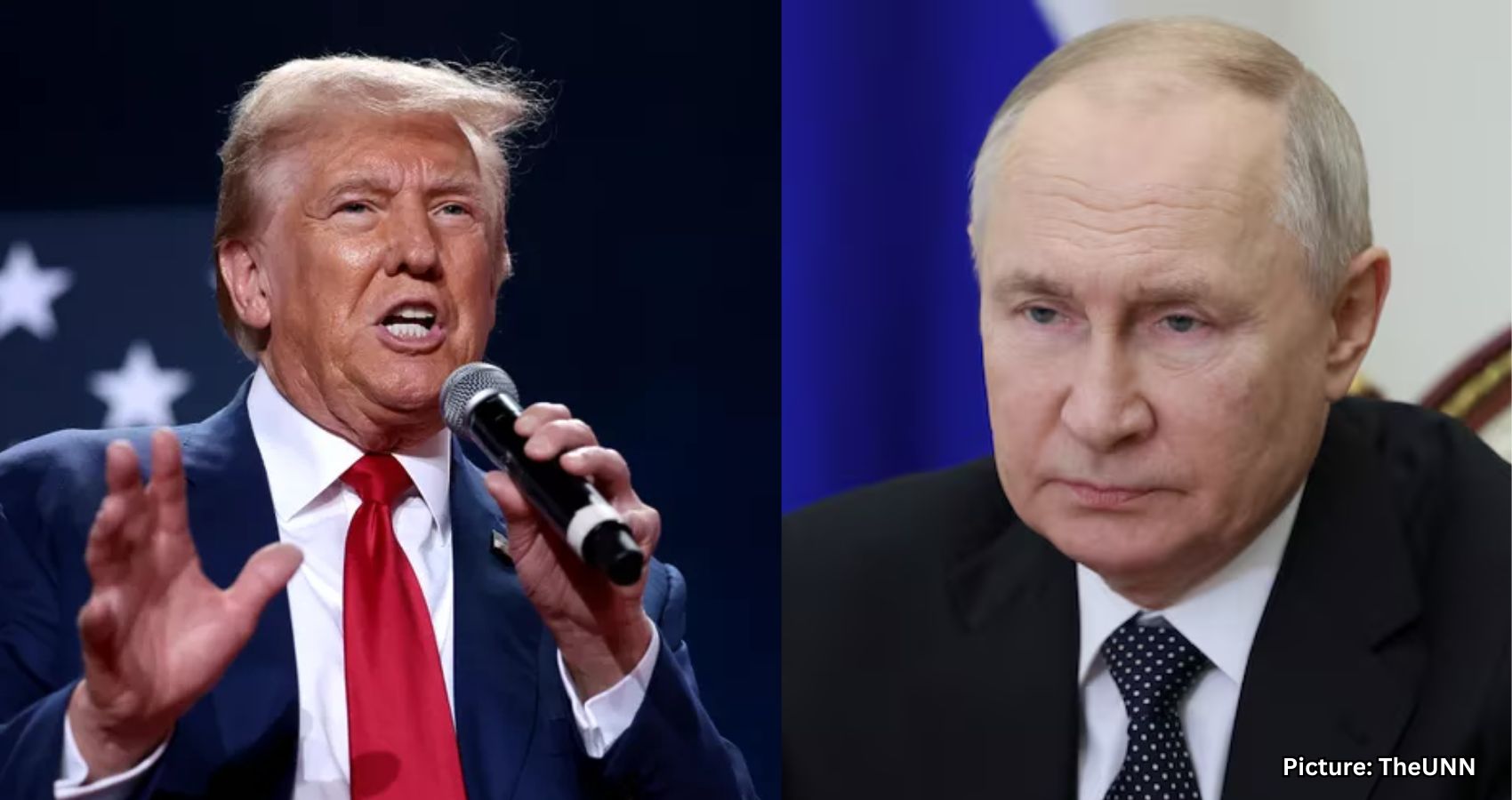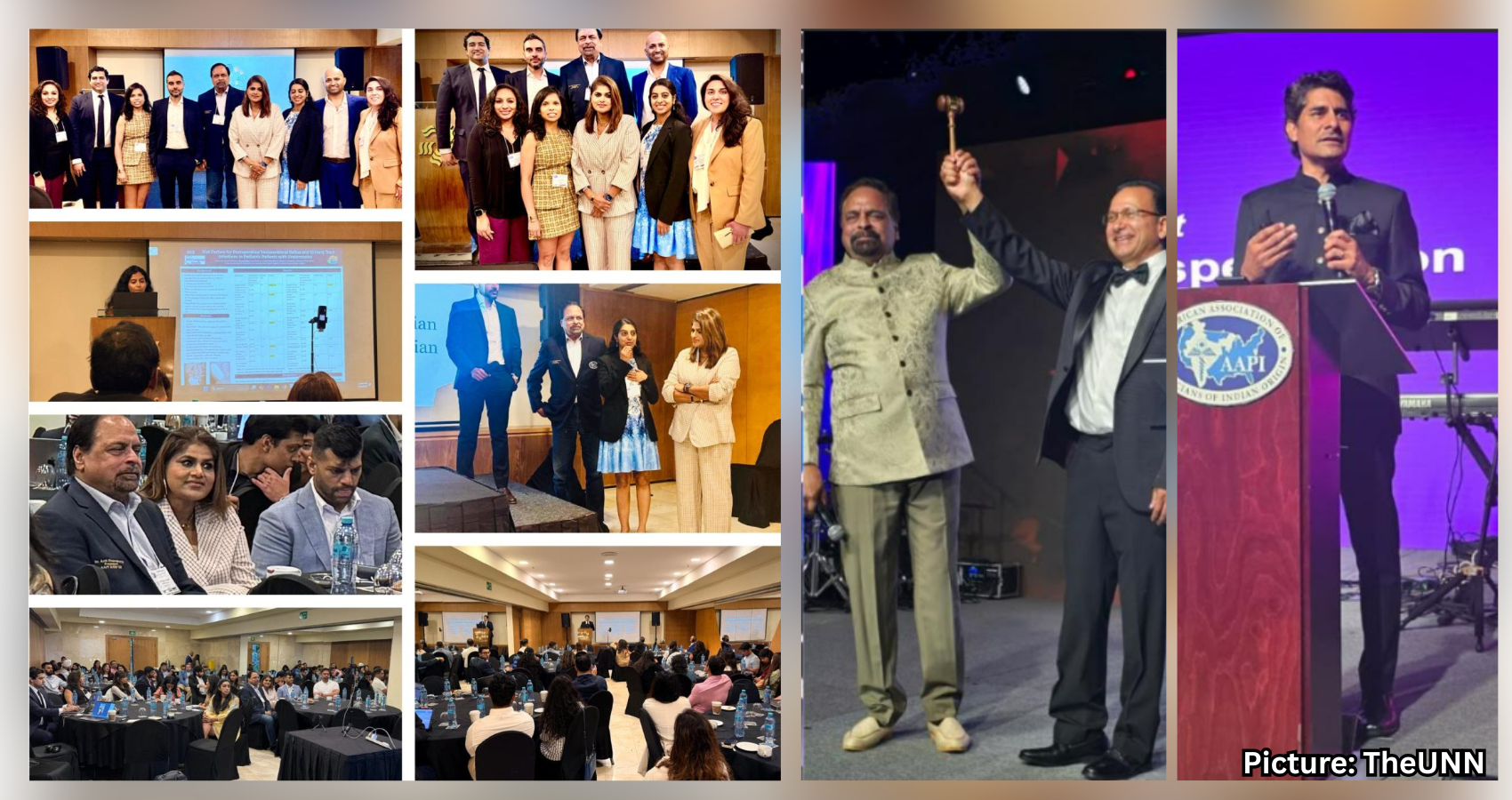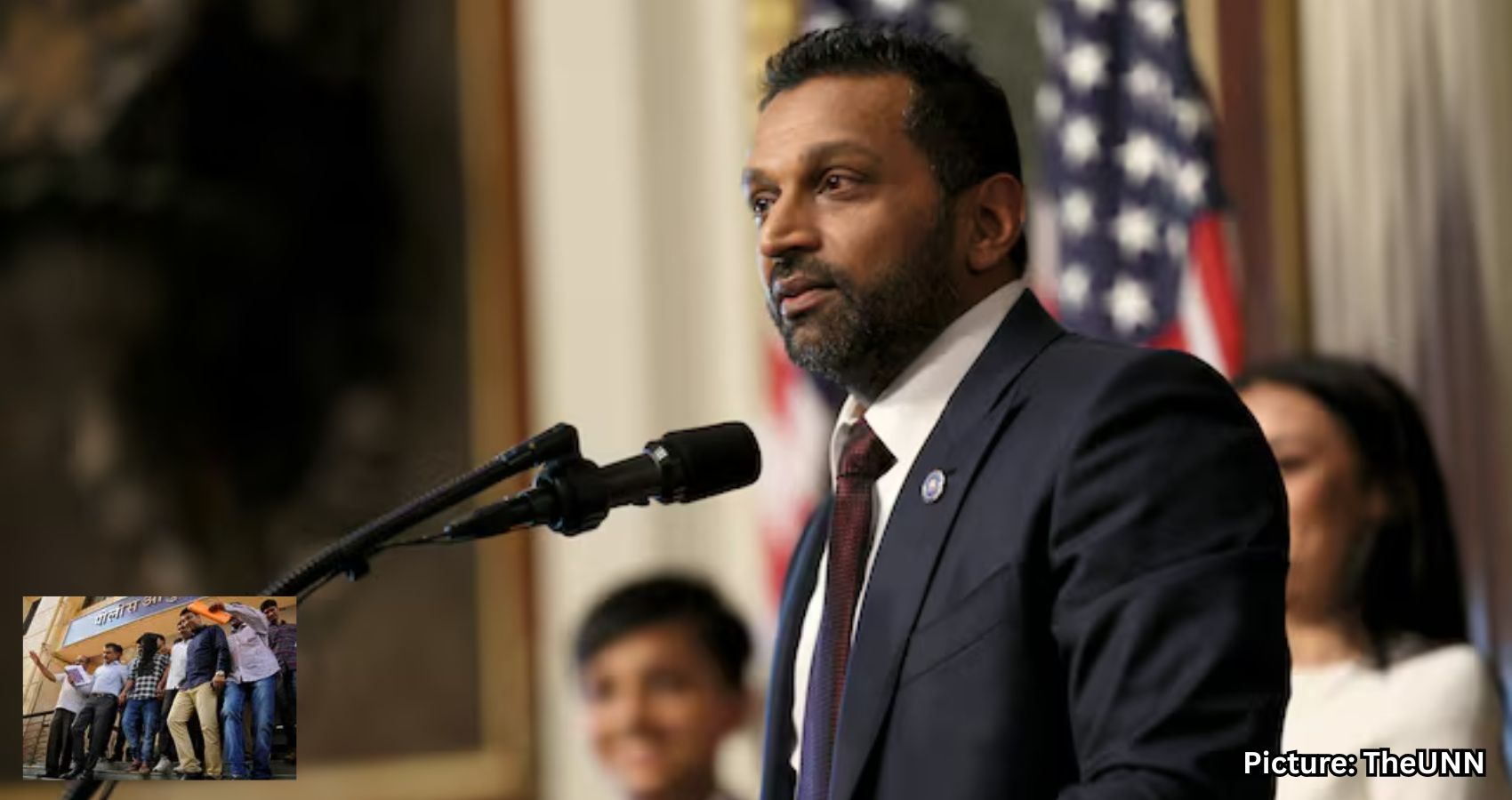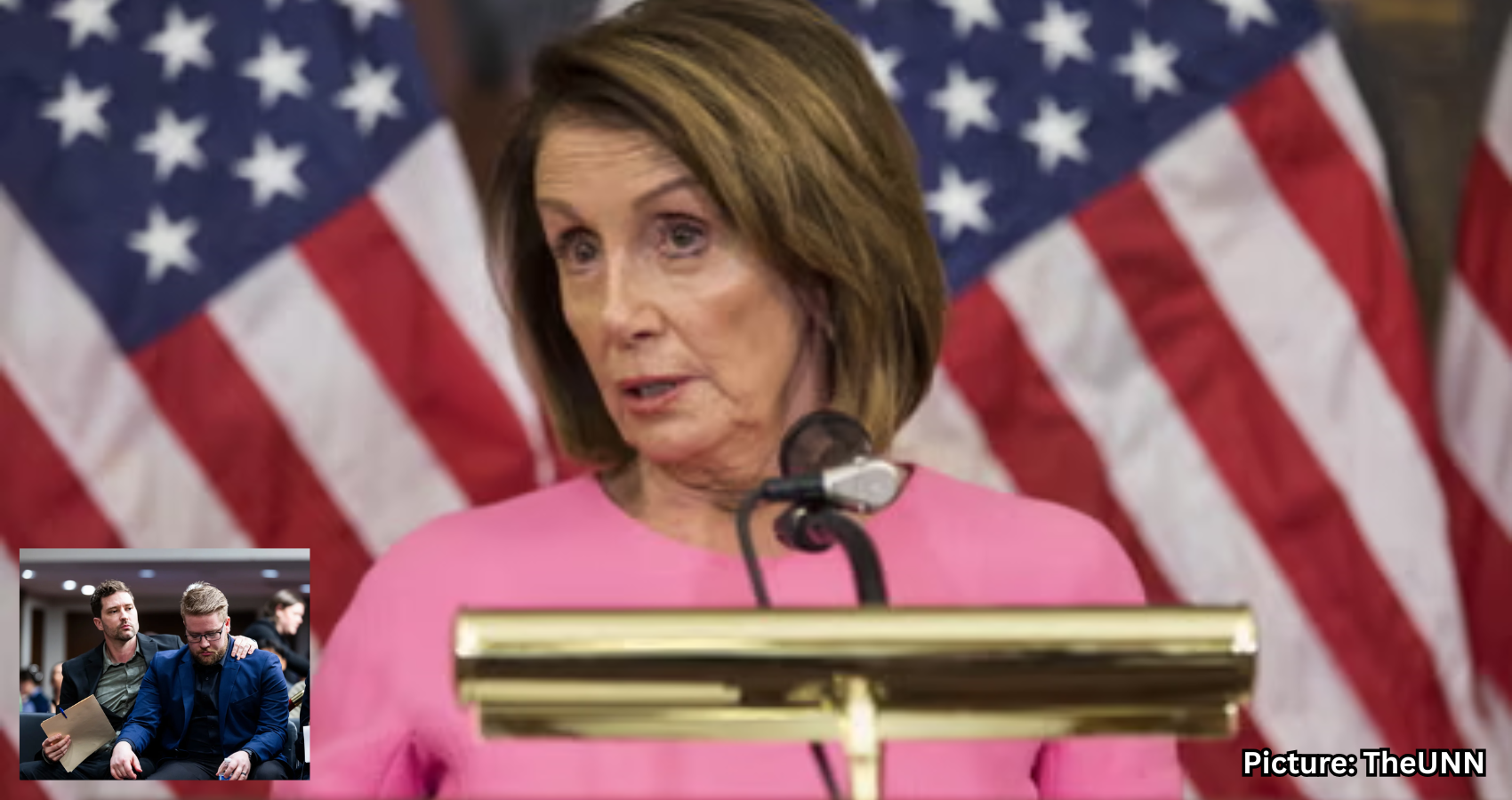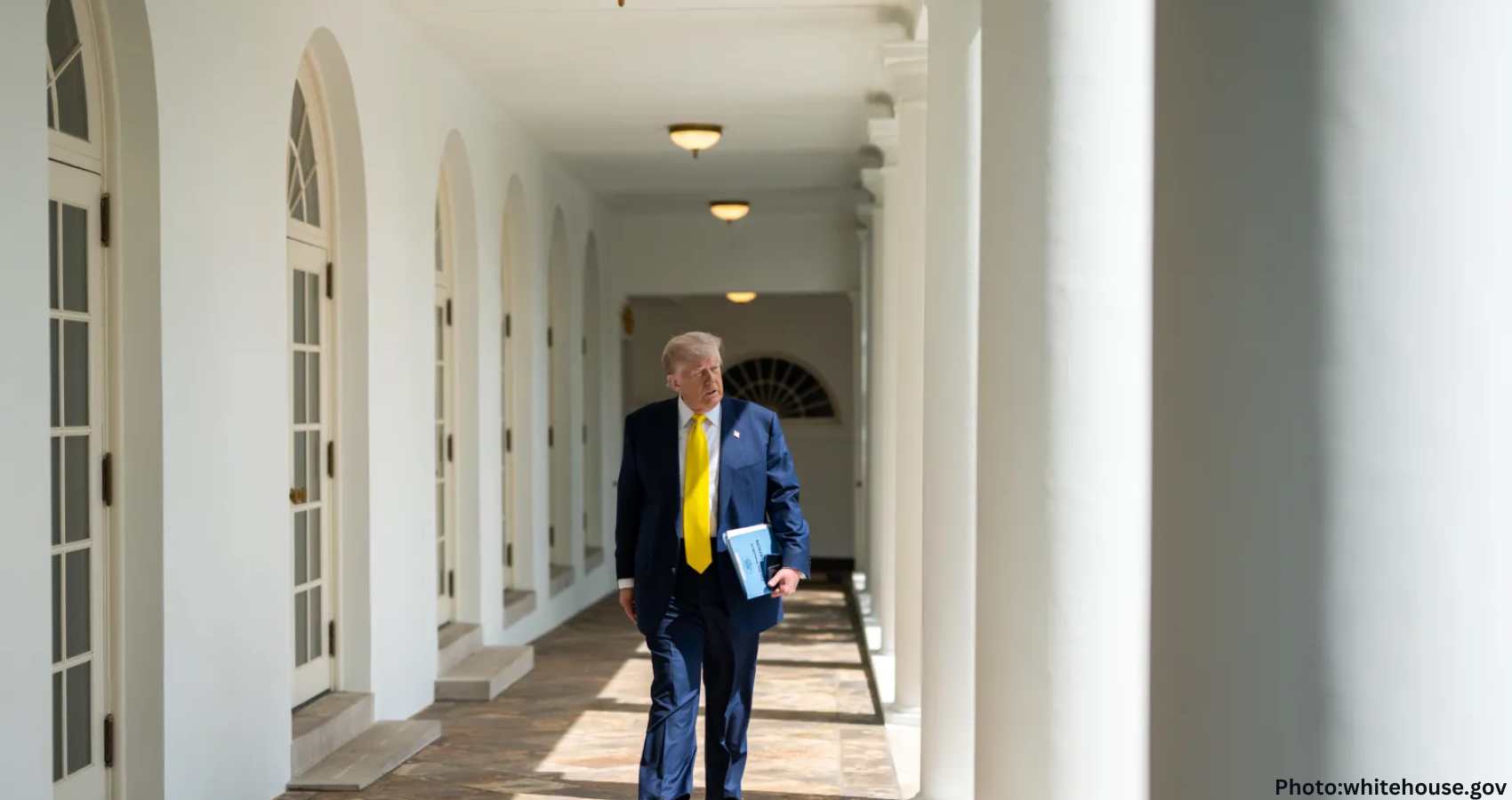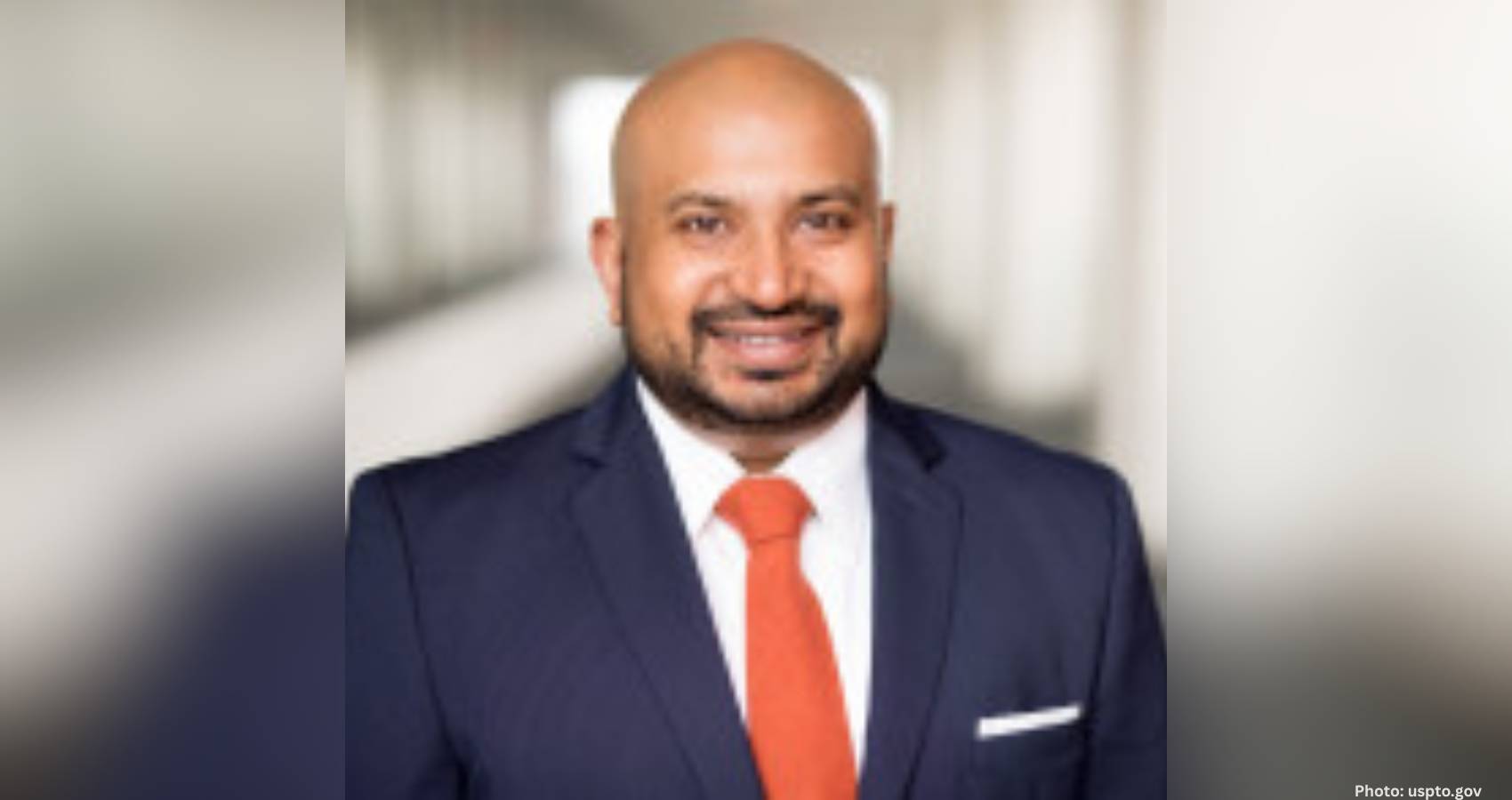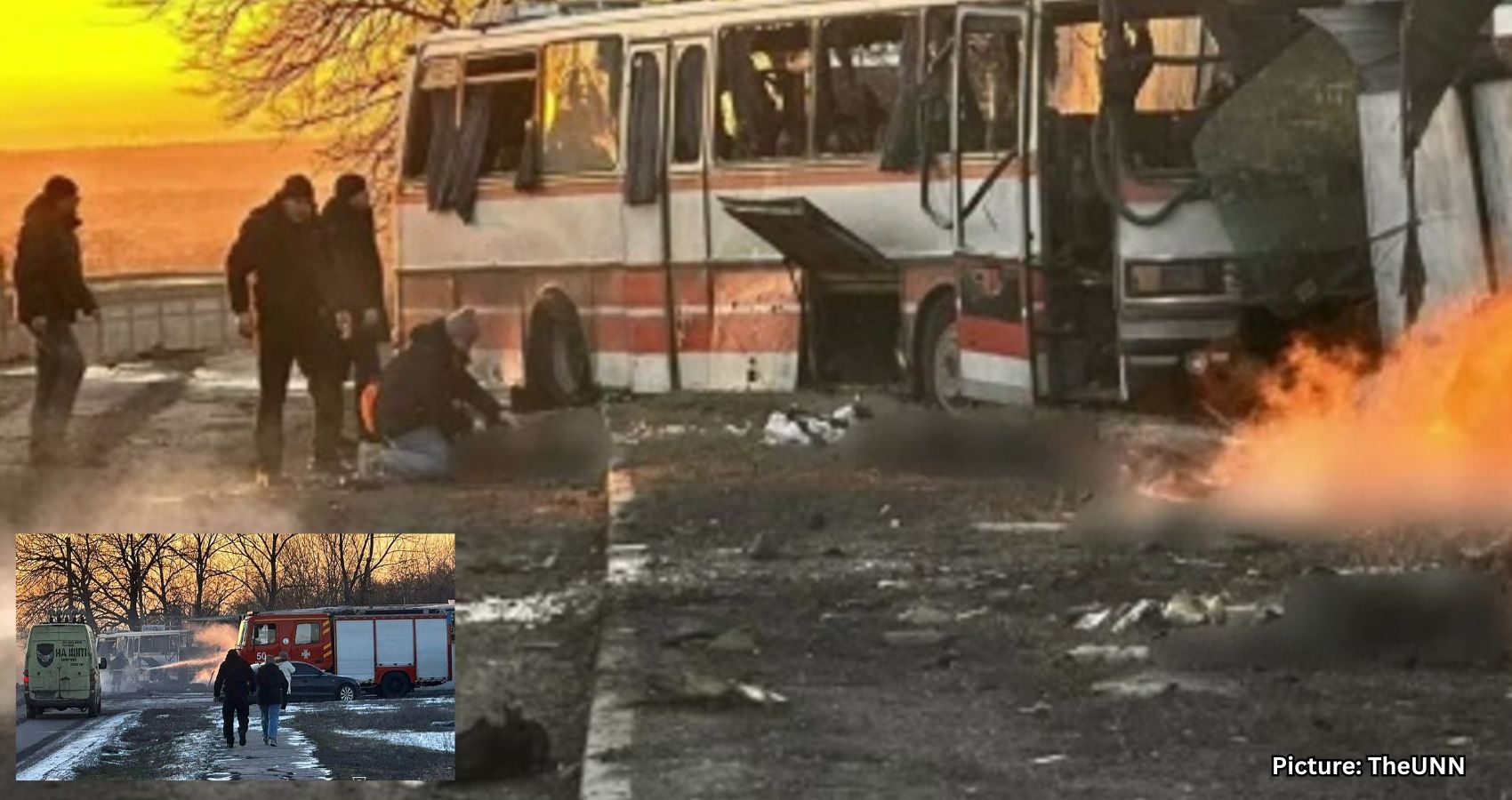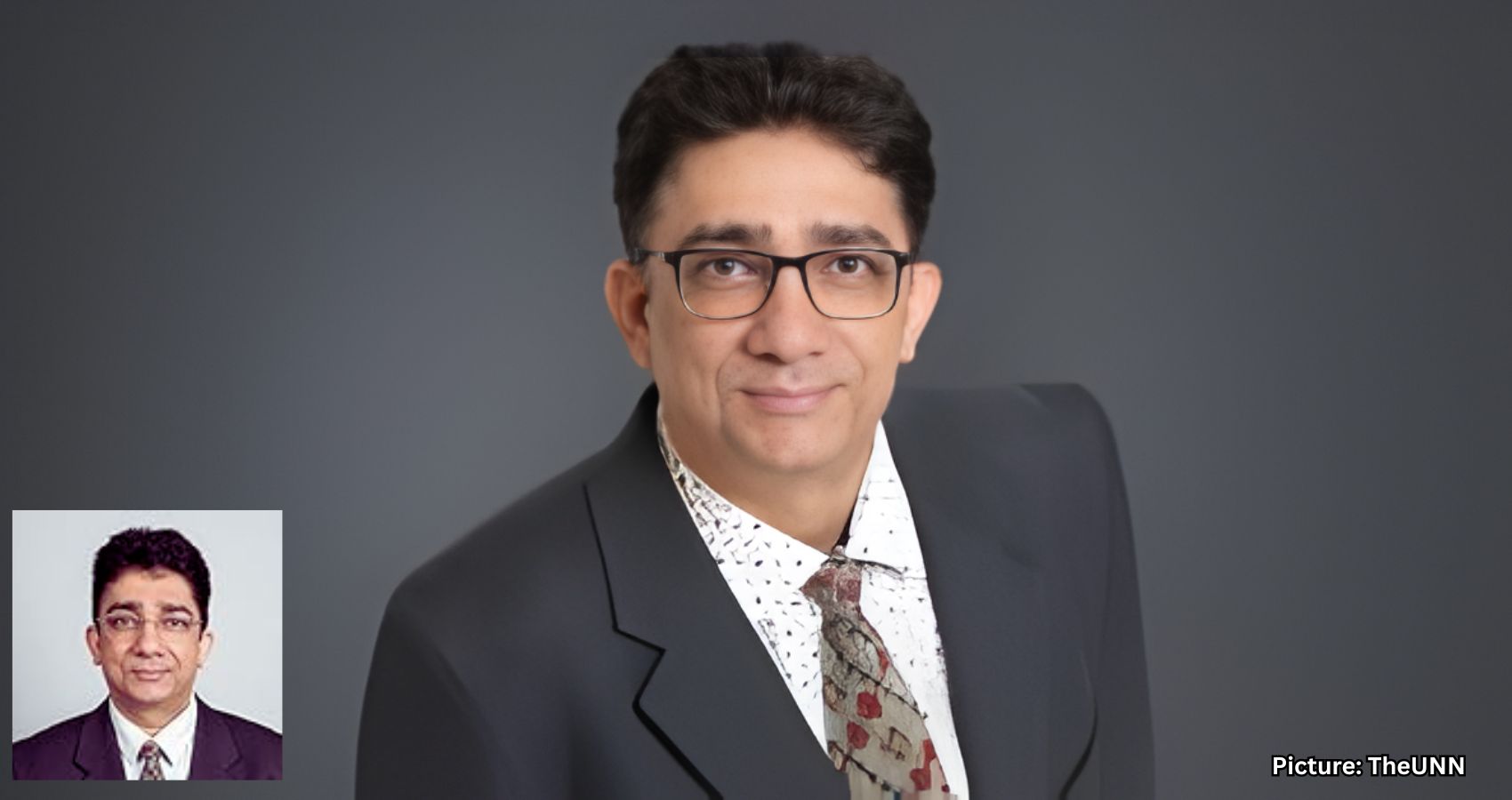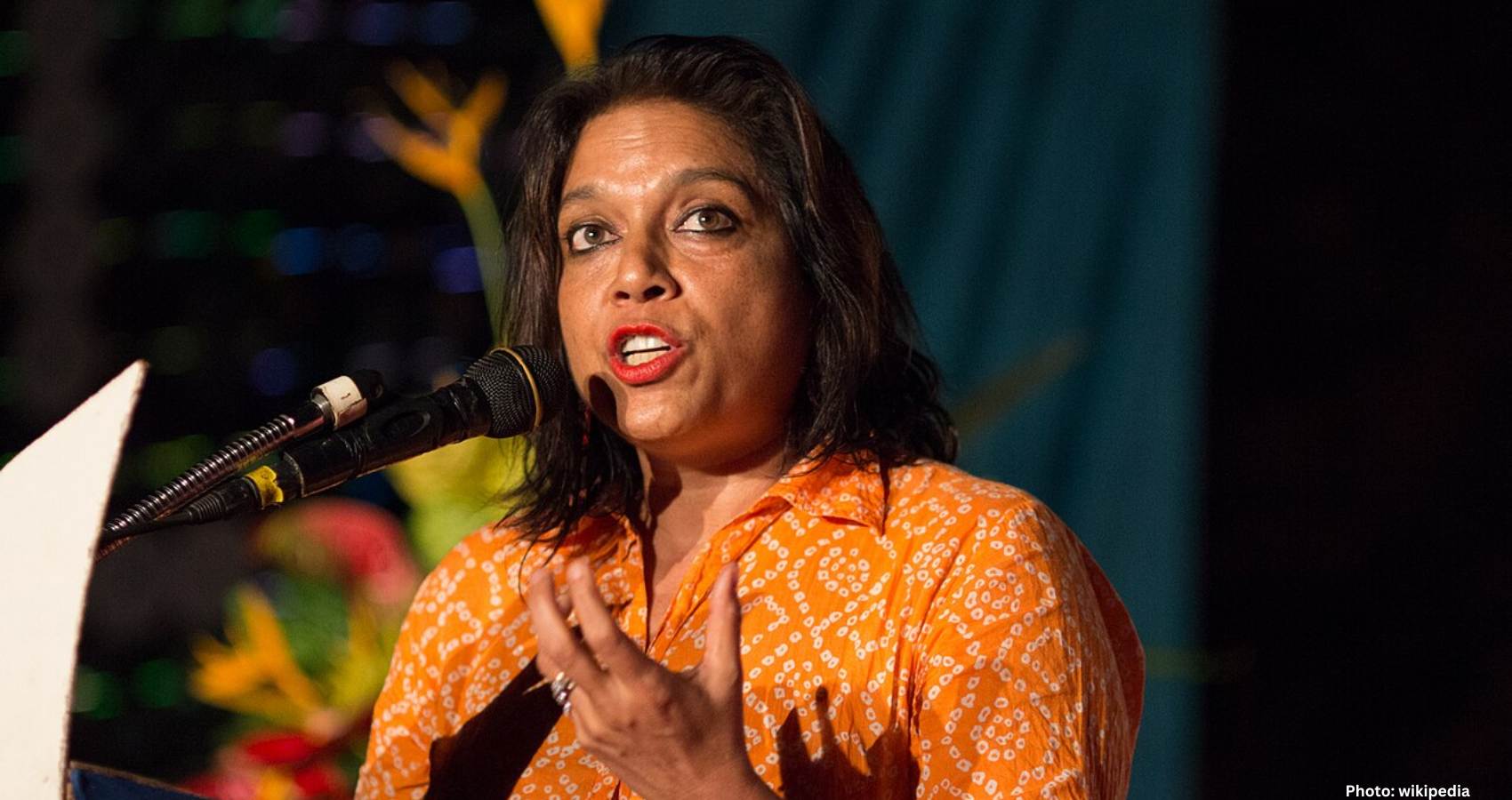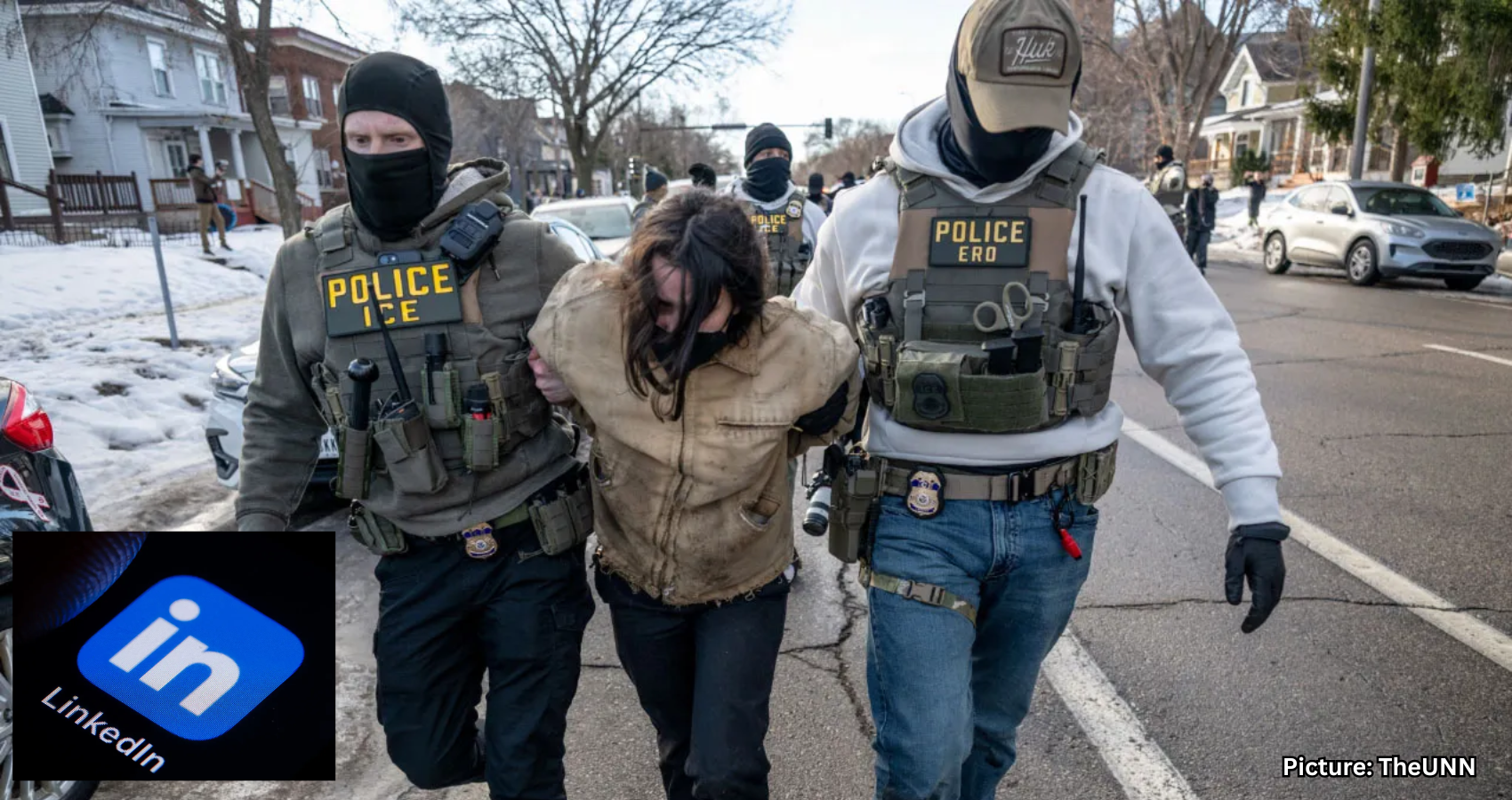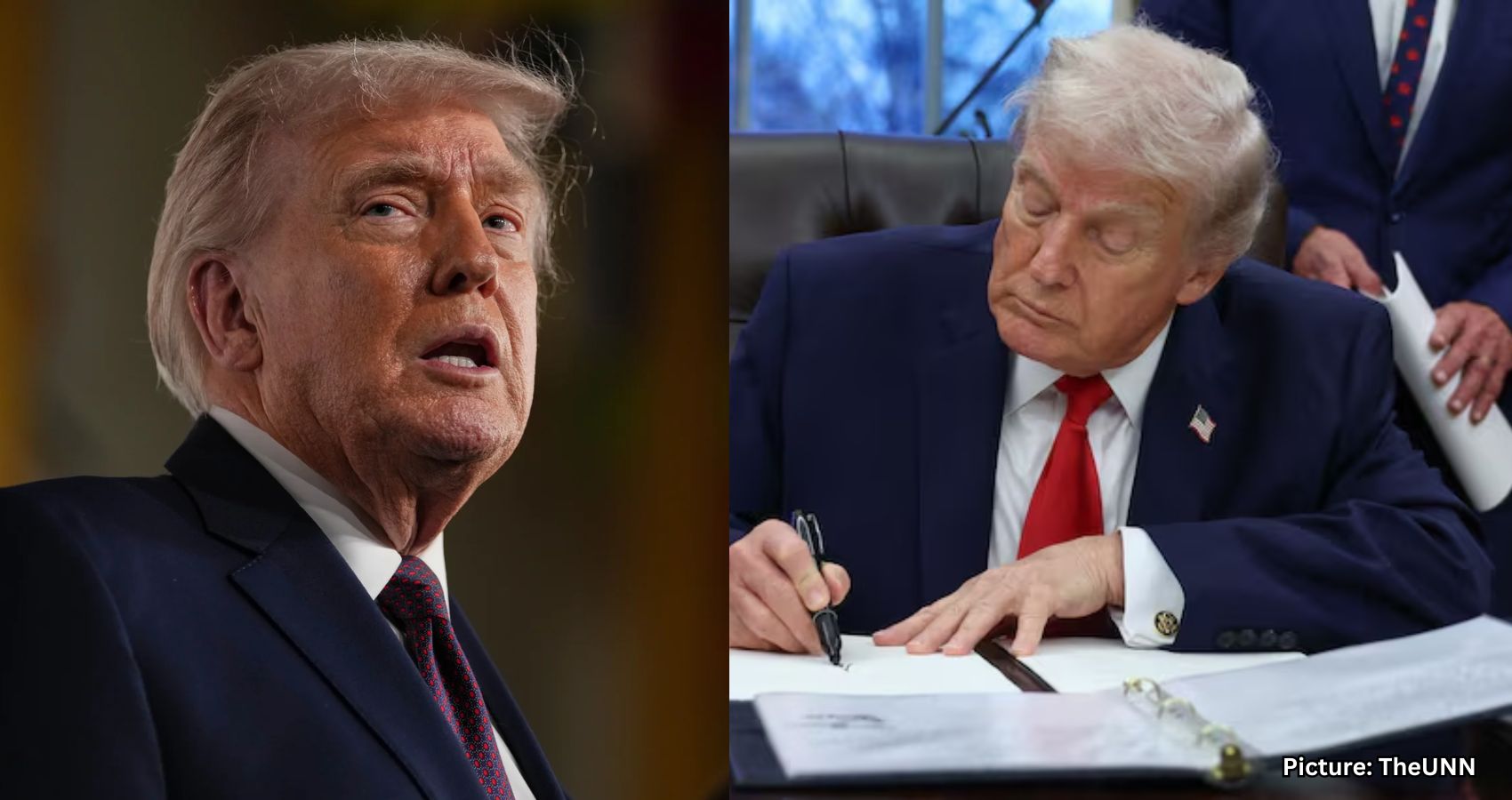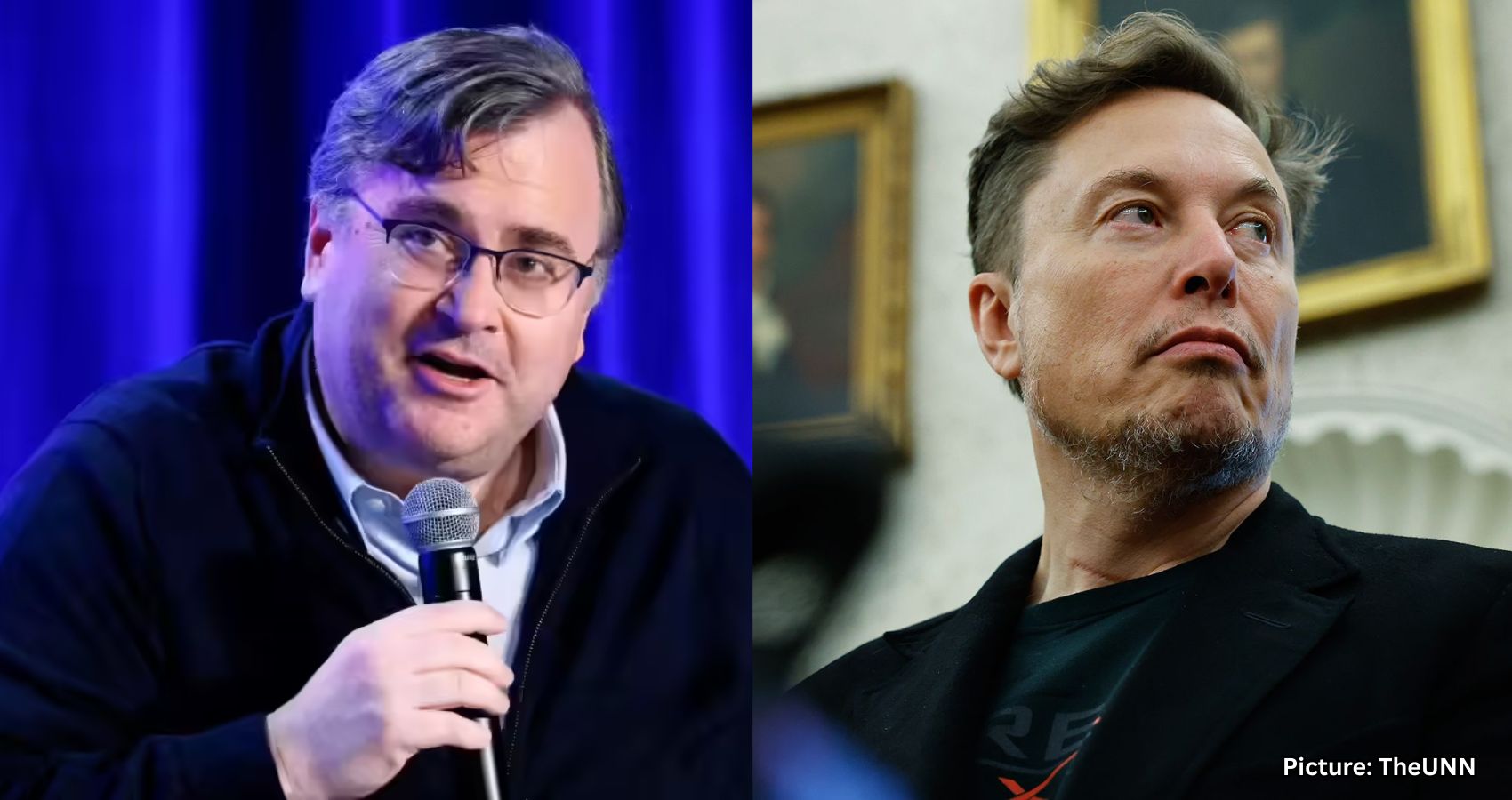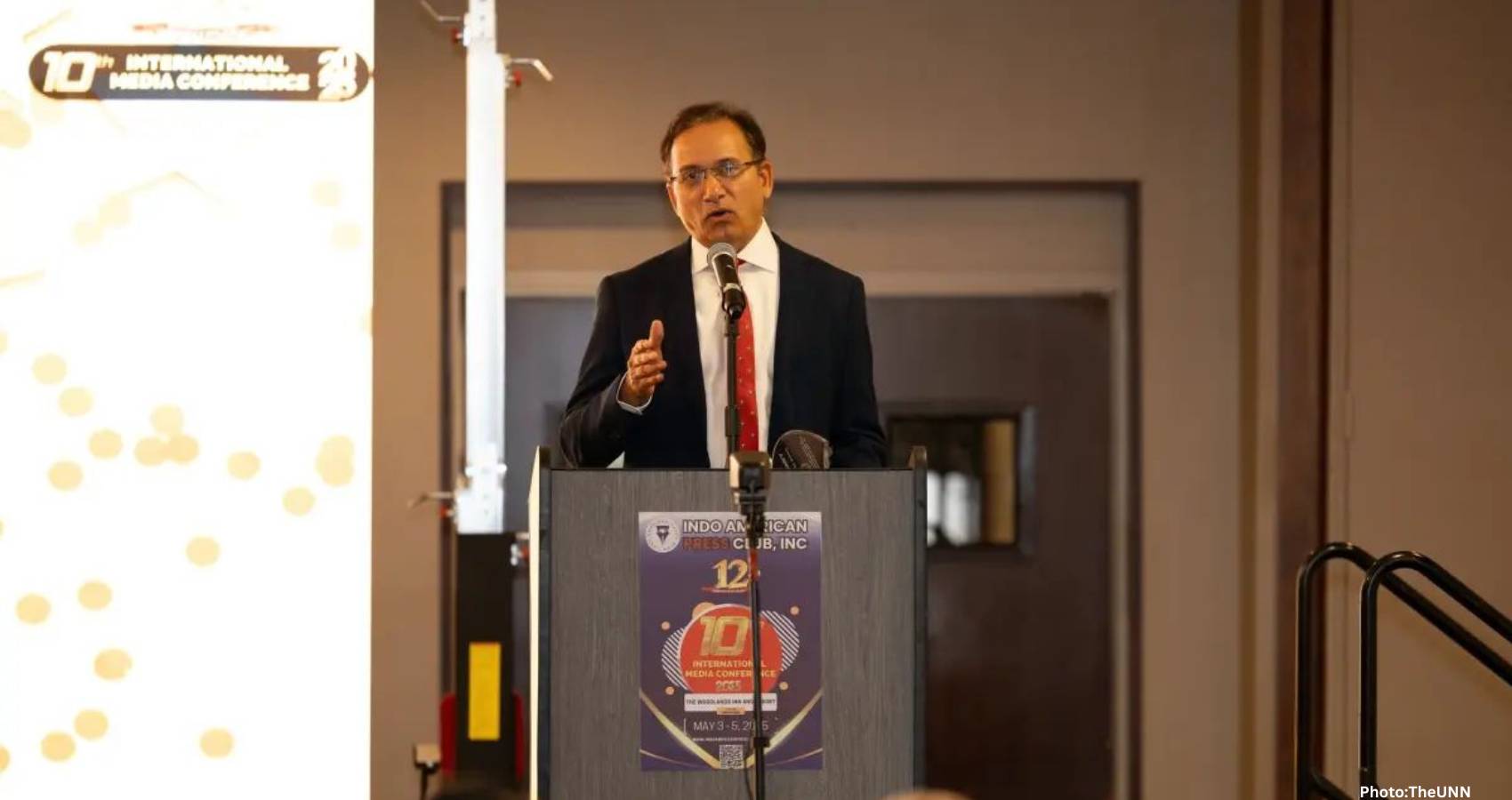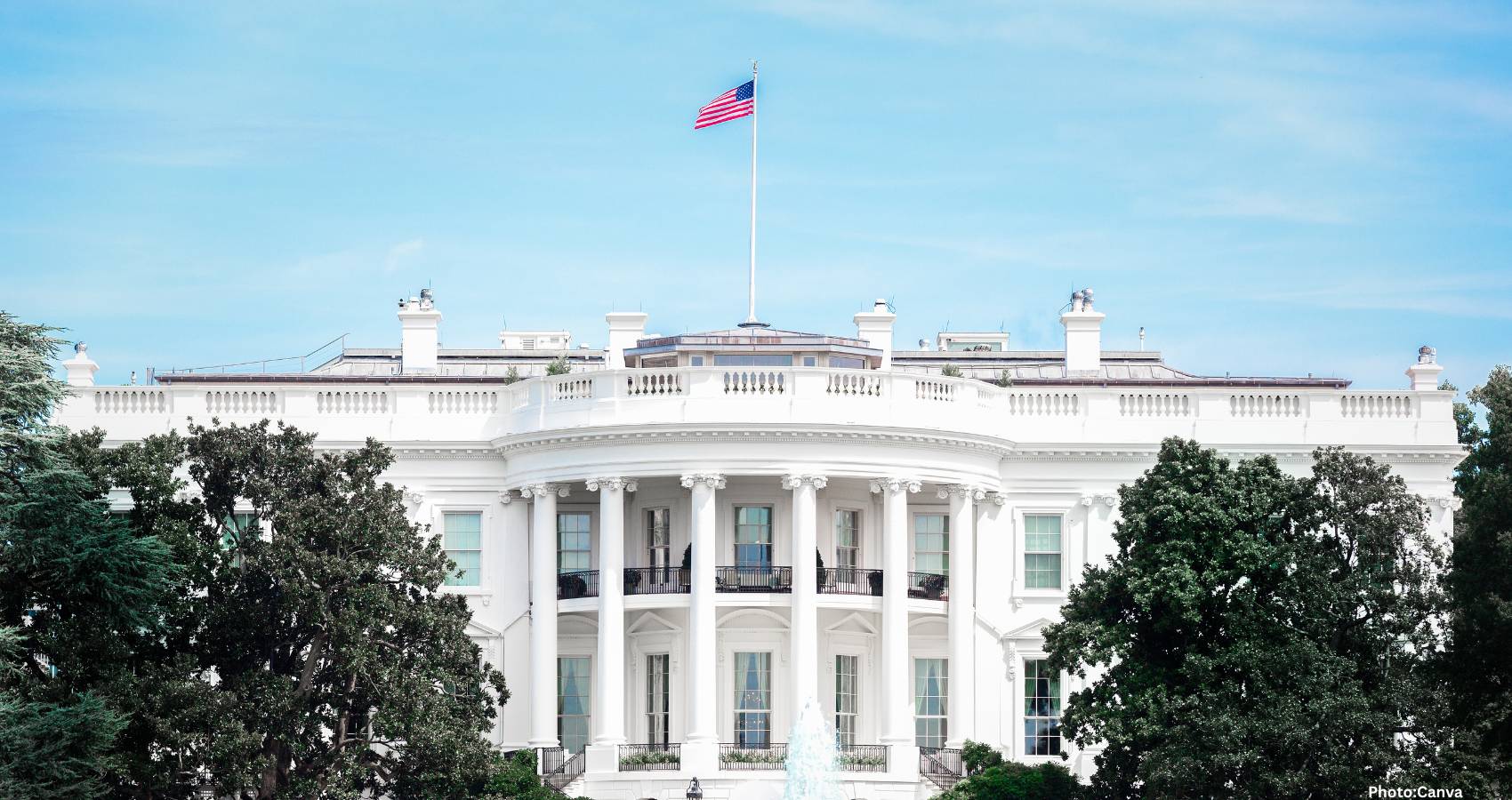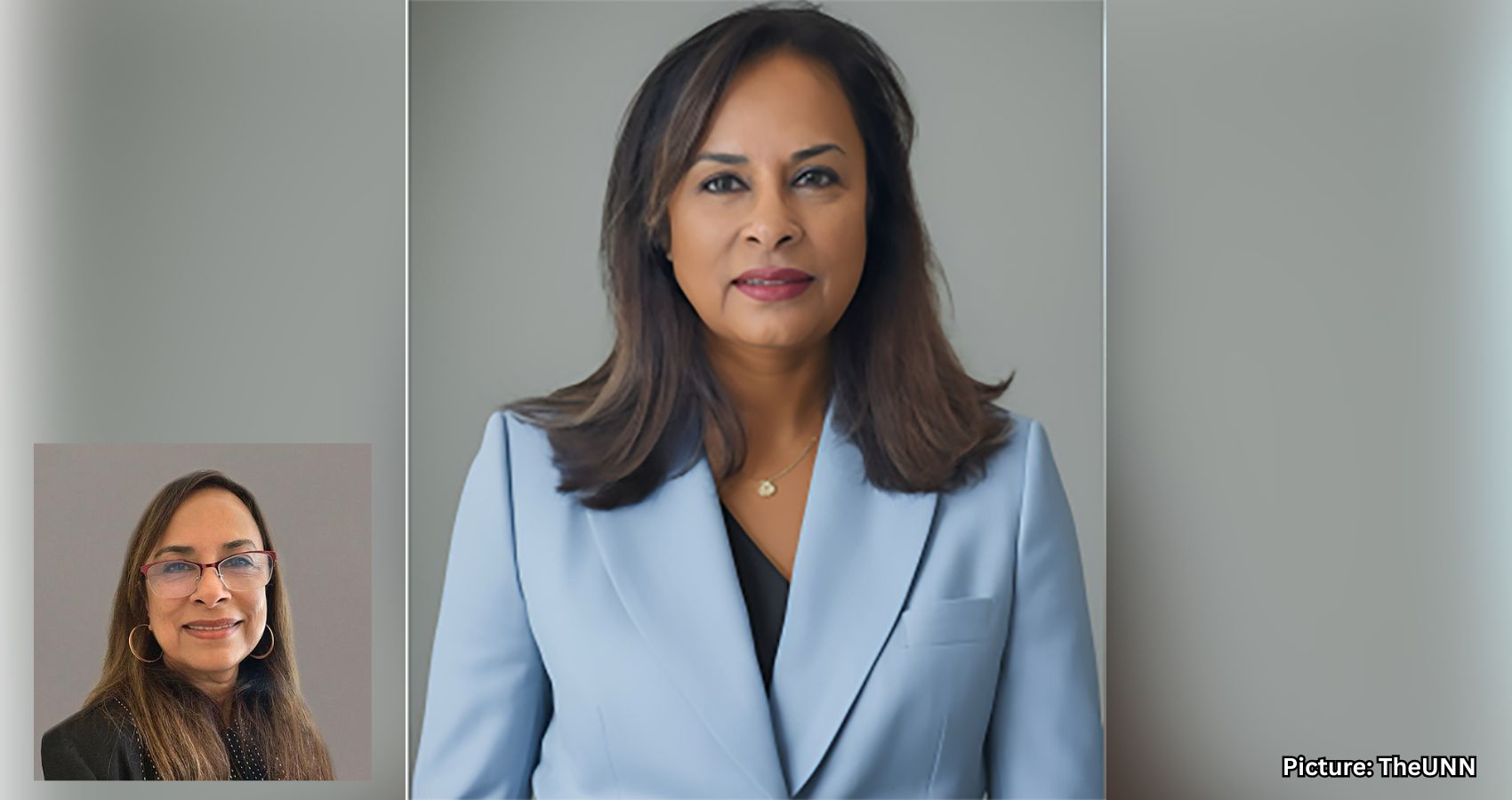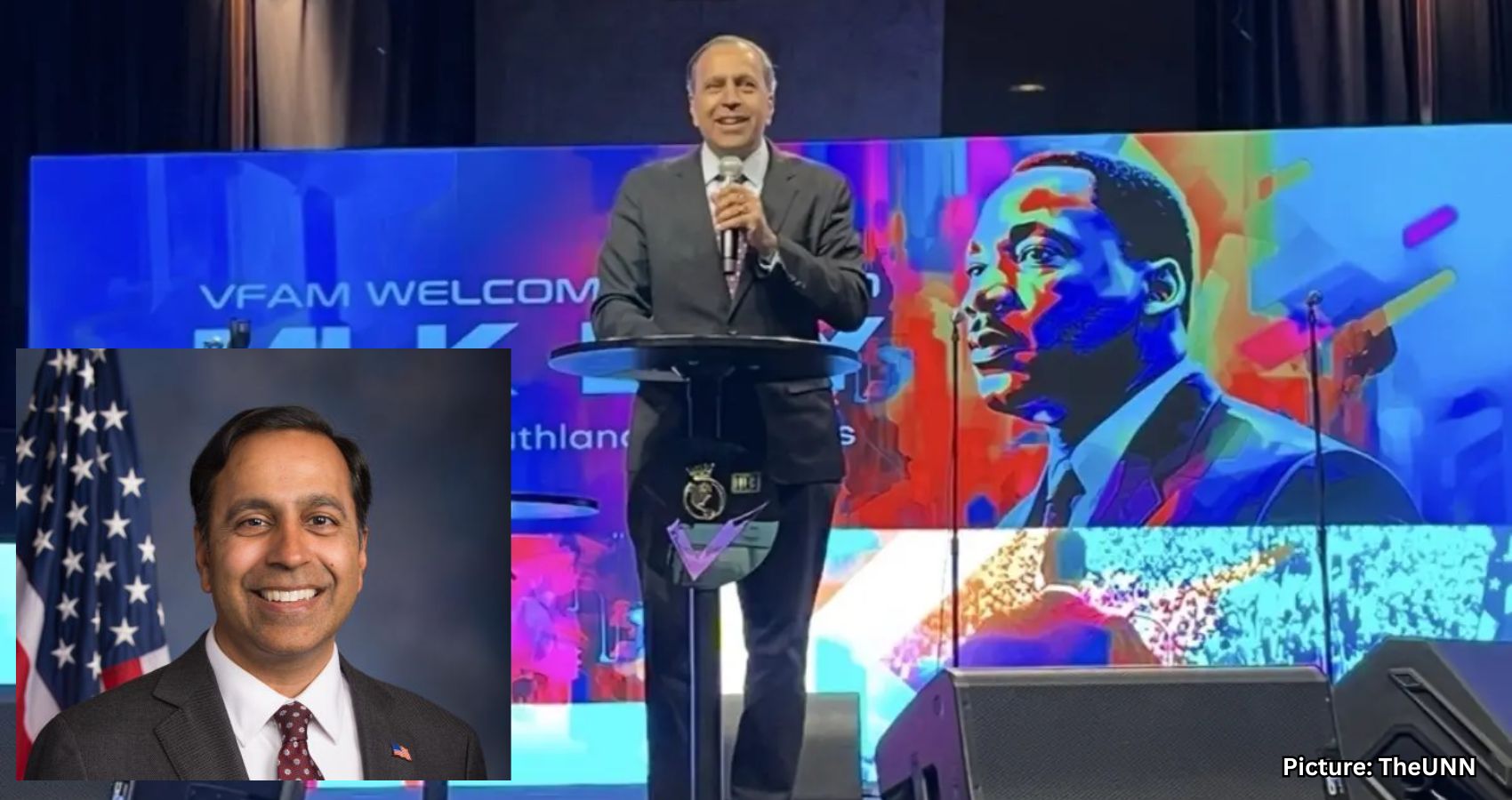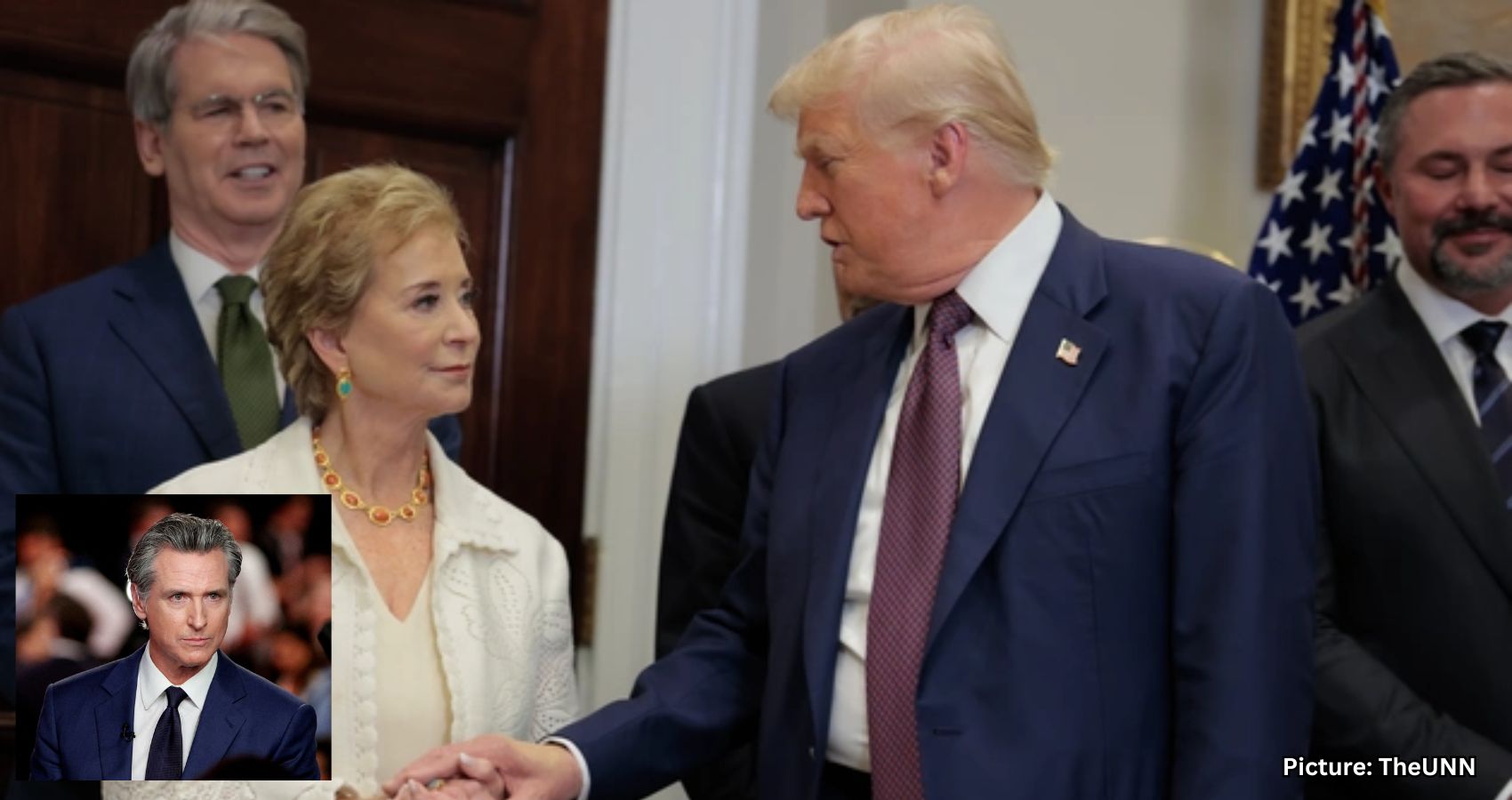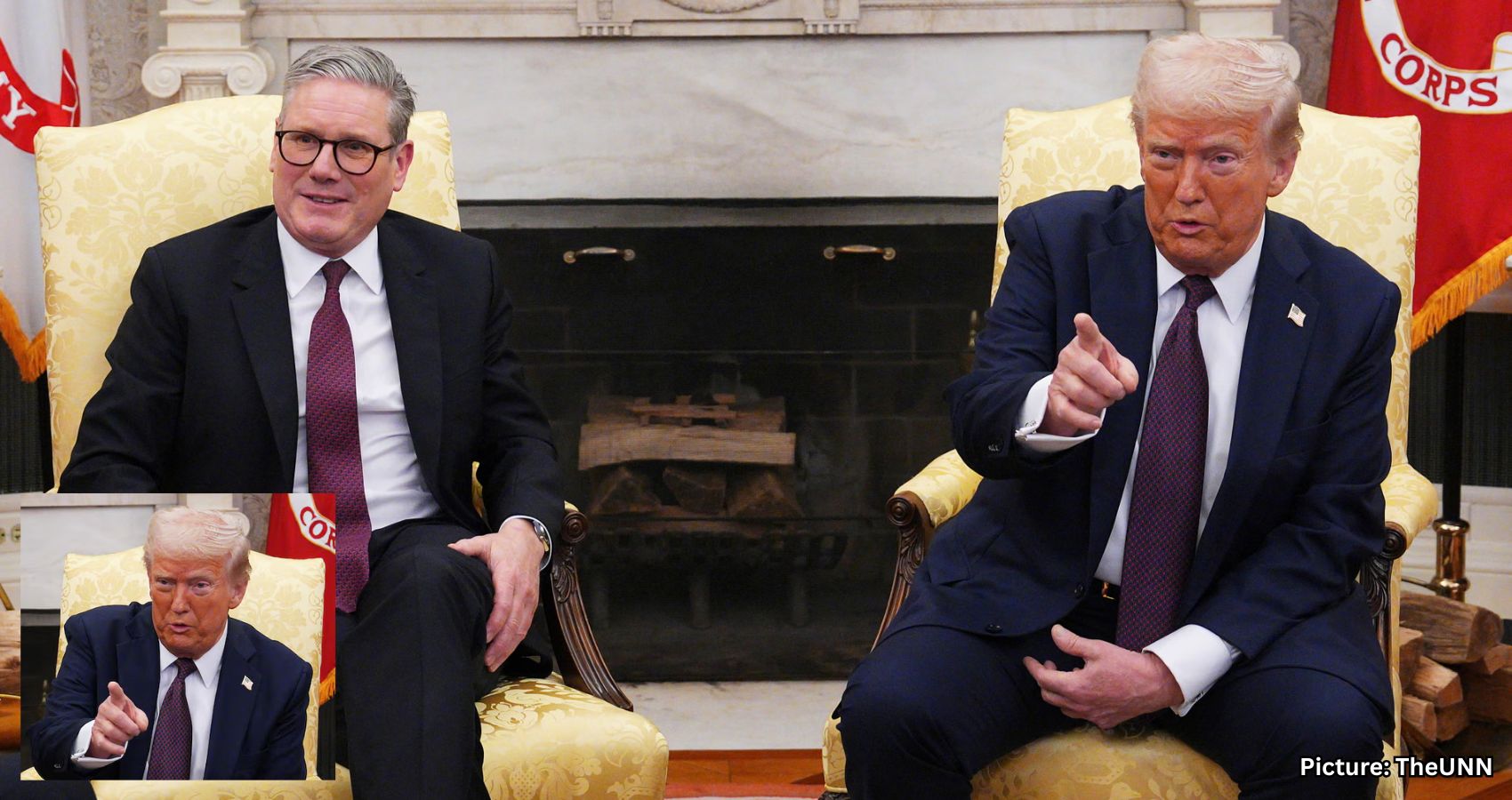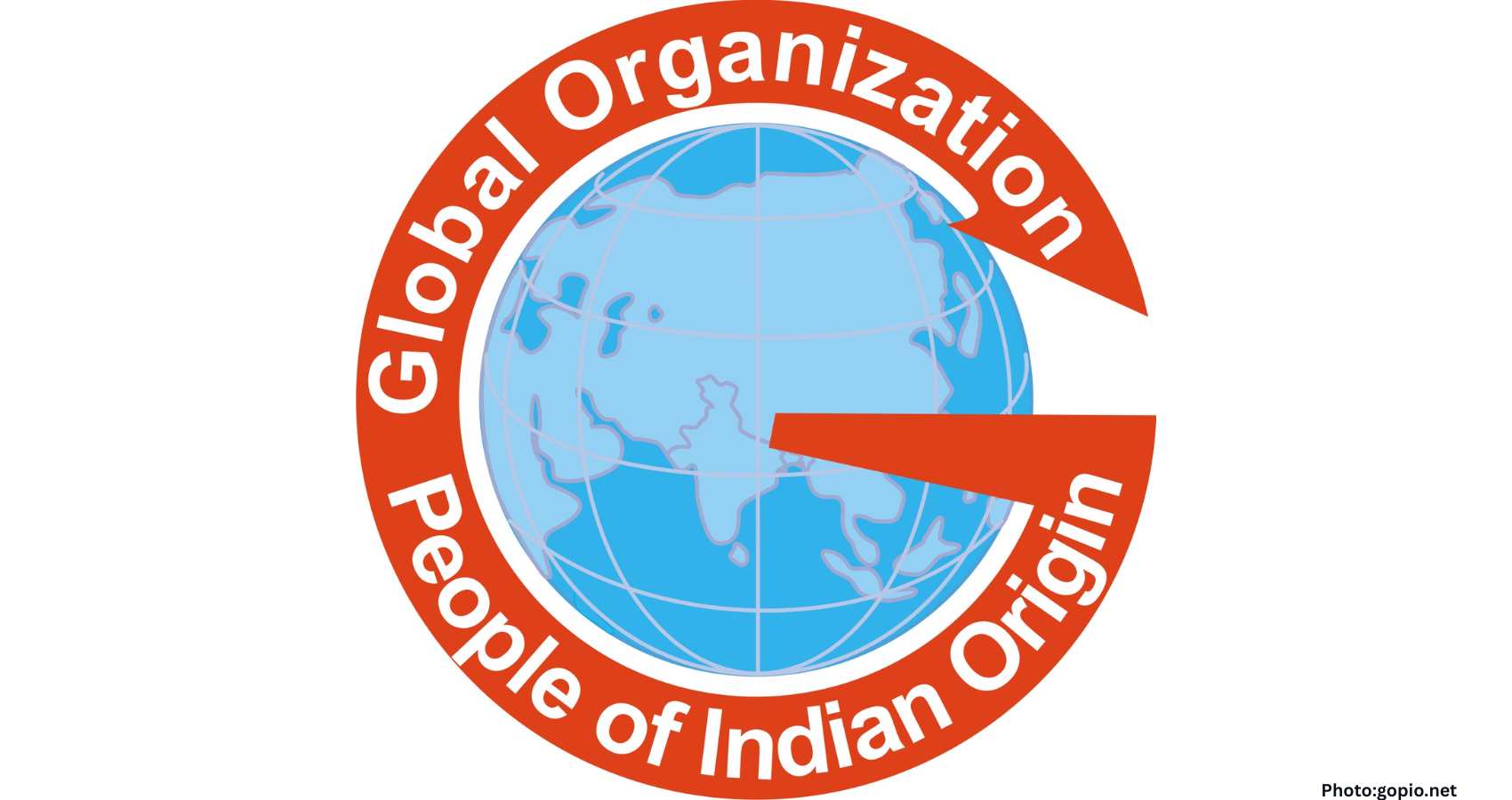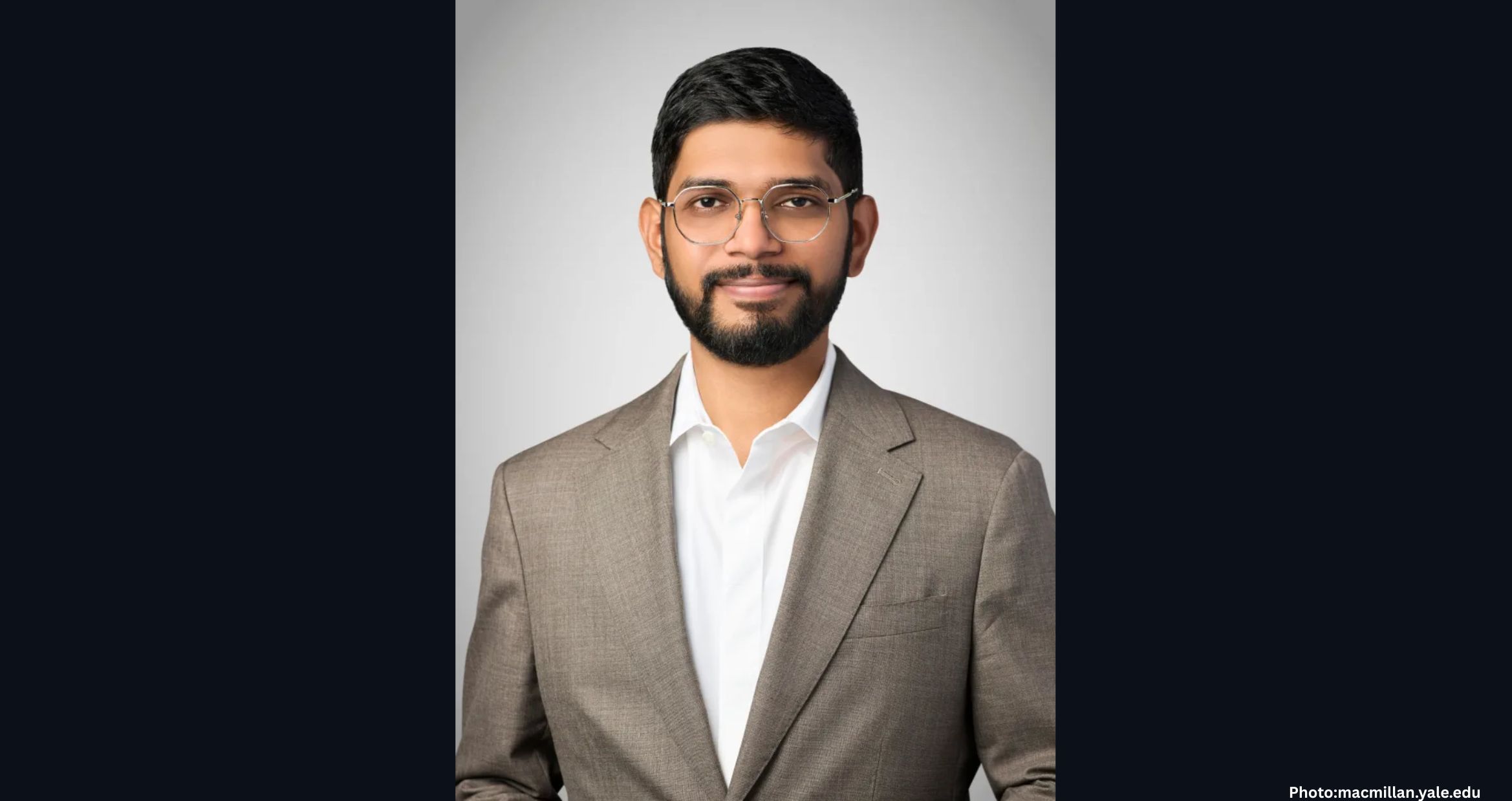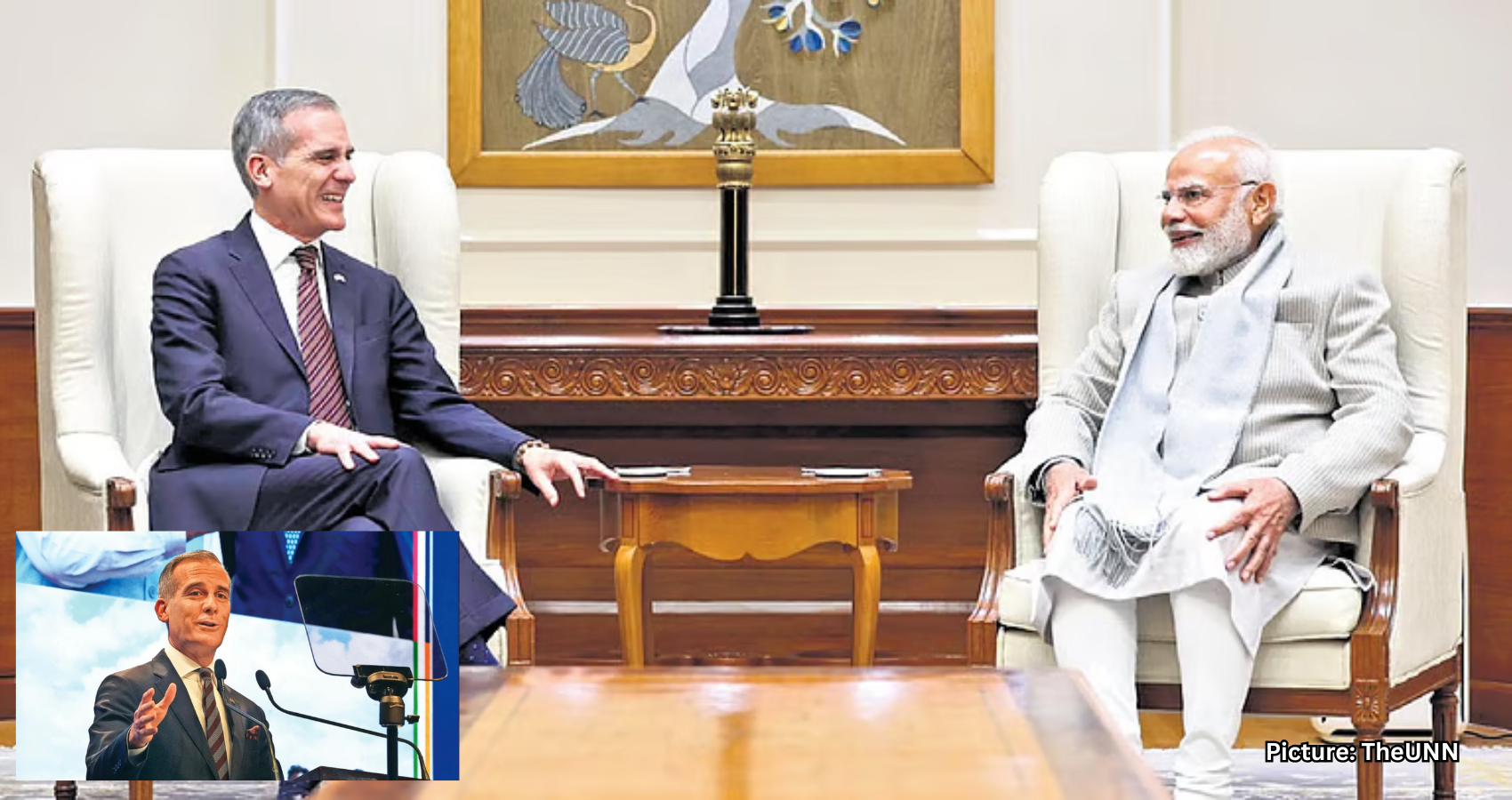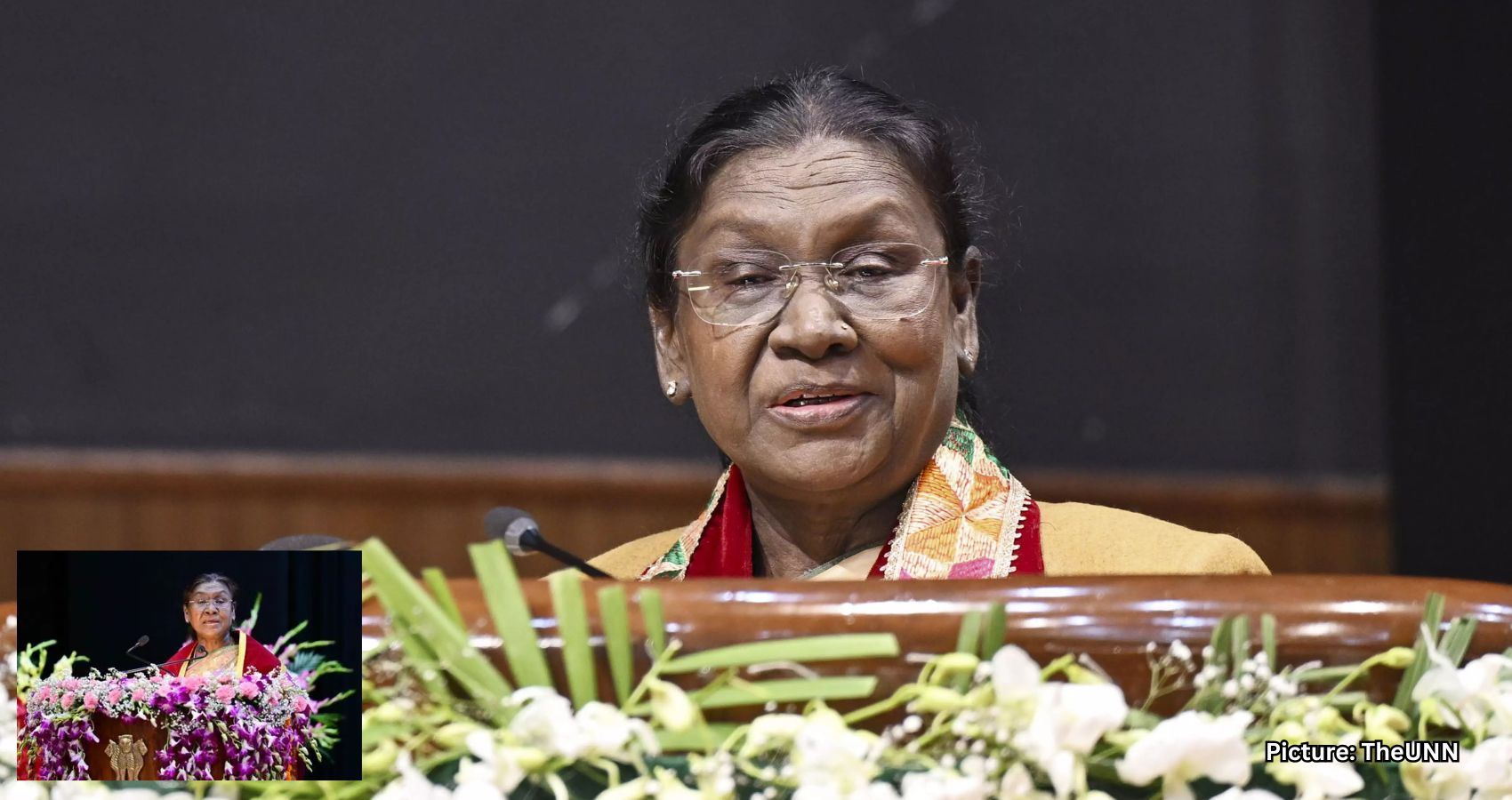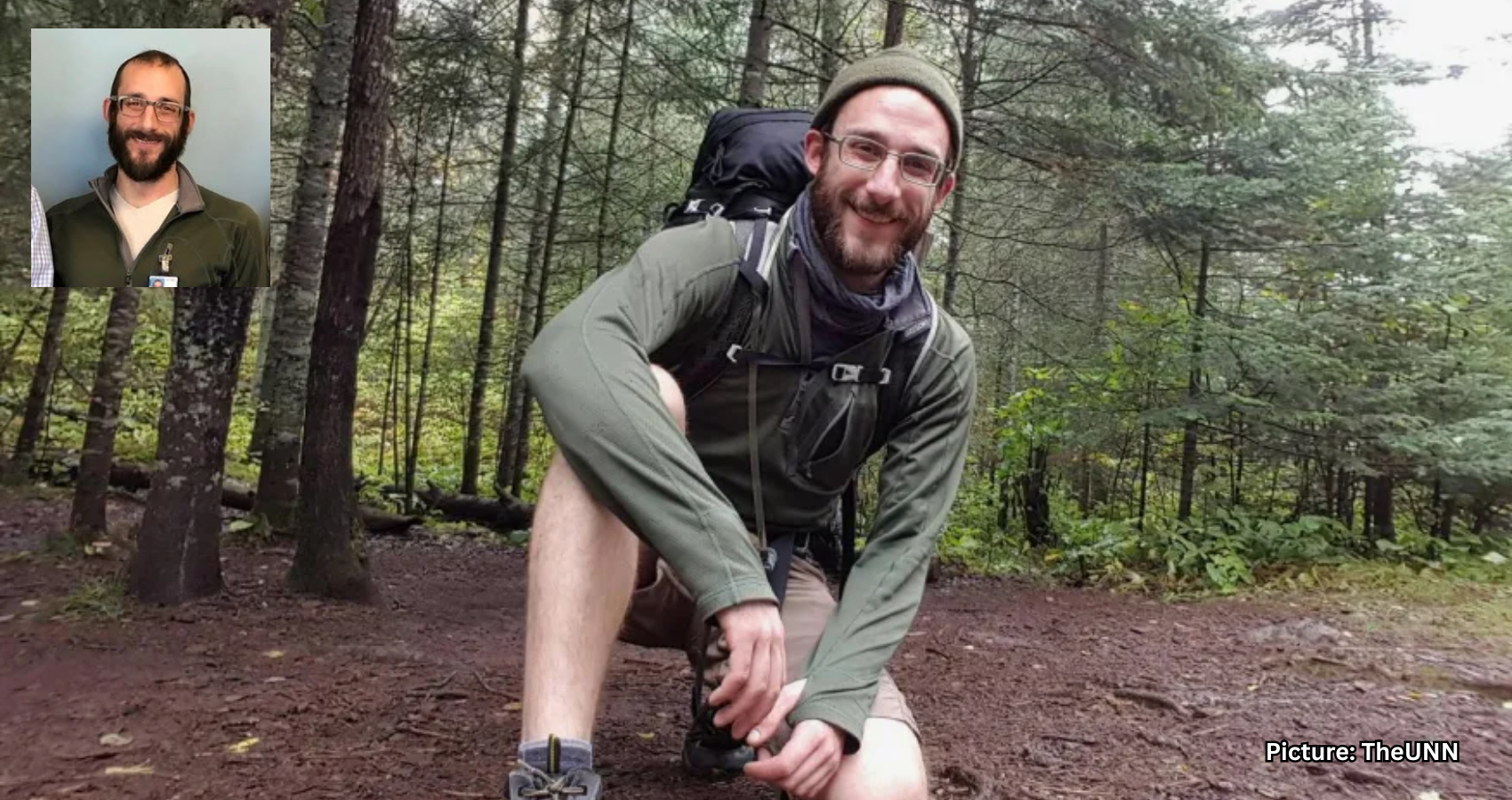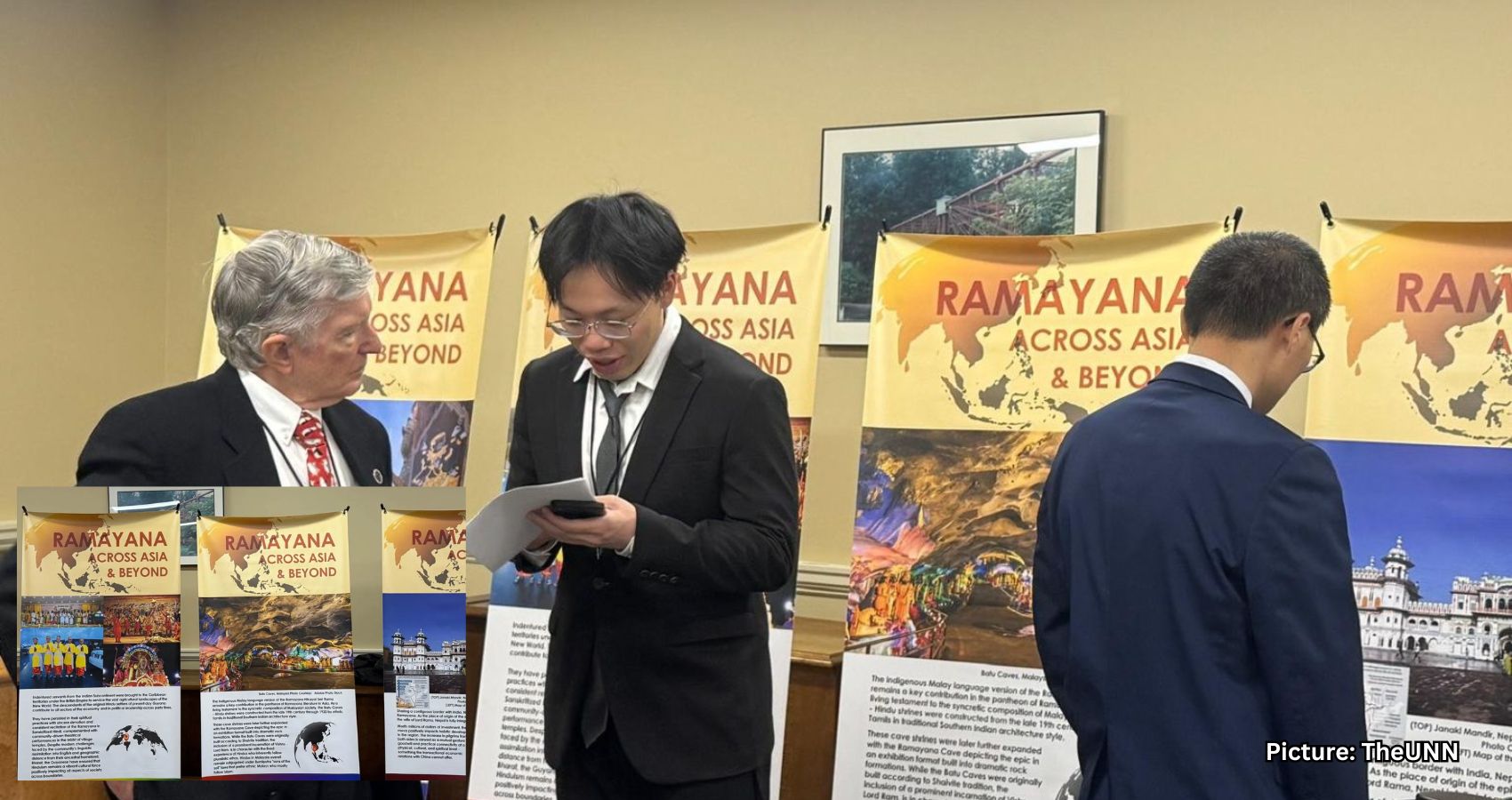In a poignant reflection on family, memory, and the passage of time, a daughter shares her experiences with her aging mother, Geeta, as they navigate life’s ordinary moments together.
It is January 2023. My mother, Geeta, sits in my backyard, finding solace in the company of her birds, who travel long distances to be with her. They perch on an apple tree, pecking at the birdhouse that hangs from its branches. Concerned that I haven’t provided enough food for them, she rises slowly, steadying herself with a cane that trembles slightly. She makes her way to the end of the yard to examine the new roses that are budding. With a smile, she looks back and says that soon we should see many flowers blooming here. I smile in return, reminded of the roses in her front yard at Kirorimal College, where she nurtured them with care. With a distant look in her eyes, she says in Punjabi, “Kini door hai Delhi hun,” expressing how impossibly far Delhi feels now.
Tired, she returns to her room, wanting to listen to her music. Pandit Shaujaat Khan plays softly in the background as she closes her eyes and exhales slowly. It has been a long journey through years and places, with memories tugging at her heartstrings, bringing both tears and smiles.
Fast forward to early 2025. My mother often struggles to remember the year or month. As I prepare for work, she reminds me to dress appropriately for the weather, knowing that Delhi winters can be harsh. “They voted Aam Aadmi Party out,” she says, sharing the news as if it were a personal revelation. After a pause, she repeats it, slower and quieter. She turns her head slightly, the movement small and weary, looking past me for a moment before letting go of my hand. Her years as a professor of political science at Delhi University seem to be the only thing that continues to engage her mind.
In October 2025, my friends gather to celebrate my mother’s 81st birthday, though some of the extended family believe it could also be her 80th. She whispers to me that she does not like the fuss and that I should not have invited so many friends for an old woman’s birthday. Curious, they ask about her life and what advice she would give to the younger women surrounding her. Her eyes light up as she recounts stories of her progressive father from a small town who championed her education. He was a goldsmith in a prominent bazaar in Jammu, insisting that his daughter, who had a gift for learning, should pursue it. Her story of hard work and struggle captivates the group of well-educated and accomplished women, many of whom share similar journeys.
She recalls her life in fragments. “I met Yogesh,” she says, her voice softening. “He was very cultured, and I liked that he was well-read.” Almost blushing, she adds, “I married a very decent and progressive man.” I am surprised by her clarity, as she cannot recall if she ate anything after the guests left or that she even cut a birthday cake. It has been months since I’ve seen her remember any details of the past, but during the party, surrounded by patient and encouraging friends, she fights to piece together words and thoughts, articulating a life filled with struggles and accomplishments. I stand behind my camera, recording while holding back emotions that threaten to surface. She smiles into a sober laugh, concluding her story with unexpected wisdom: “My advice will be to eat, drink, and be merry. A glass of wine every day is good.” This light-hearted ending brings admiration and warm laughter to the intimate gathering.
After a fall and some fractures, her hearing begins to fade. I find myself raising my voice, louder than feels right, to reach her. She presses the speaker A bought for her against her good ear and leans toward the television. Rajdeep Sardesai’s voice breaks in and out, and she misses parts of the broadcast, filling in the gaps with her own thoughts. “I missed the debate on the Indian constitution,” she says, almost to herself. I tease her about having a crush on Rajdeep, and she smiles but does not protest.
She keeps the volume high, watching closely, searching faces for meaning. When she speaks again, it is to herself. “Why is he ruining the secular fabric of my nation?” The concern still lingers, a rare constant amidst the commentary on the Bihar elections playing in the background. Though the twinkle in her eye is infrequent now, it remains tied to her lifelong passion for politics in India.
In 2003, on a slow internet connection in Bangalore, we looked up where San Diego was, having just started our life together. I had just turned thirty and was learning the complicated art of parenting. My older son, V, would tug at his Nani’s eyeglasses whenever she scooped him up in her arms. She would quickly catch his little hand, saving her glasses while pretending to scold him, all the while laughing. At just two and a half, he chattered nonstop in Hindi, often declaring, “Geeta Puri, Yogesh Puri aapko bula rahe hain”—“Geeta Puri, Yogesh Puri is calling you.” This would send peals of laughter from Nani, prompting warm cuddles. After years of living far from V, who in her memory had remained unchanged, she is finally back in his everyday world, rediscovering the little habits and mischief she had missed.
In 2022, my younger son, Aa, graduated from Westview High School. He stood before his classmates, parents, and teachers as the chosen senior speaker, motivating his class as they ventured into the real world. I stood there, imagining how Ma and Papa would have felt at that moment had they been present. Aa concluded his address with a quote from his favorite philosopher and bedroom pop singer, Rex Orange County: “Sunflowers still grow at night.” I always felt he inherited a little something from them.
The iPad on her bedside, which she has somewhat learned to operate, plays the classic “aa laut ke aaja mere meet,” sung by the legendary Lata Mangeshkar. The faraway look in her eyes tells a story, perhaps a happier one, carried by something familiar. She worries about their home in Sahyog, their residence in Delhi for many years. She must ensure that all her belongings are still there, that her birds are being fed, and her plants are being watered. She wonders if the brass statue she brought from Cottage Emporium is still there or if someone took it. “It took me a long time to decide if I should buy it or not. It was so artistic but so expensive. Yogesh always encouraged me to indulge,” she reminisces. She now wonders what happened to her beautiful handloom sarees collected patiently from various state emporiums on Janpath and exhibitions at Pragati Maidan. Her eyes, though not seeing well, convey her concerns clearly.
Today, her iPad is uncooperative. She studies it for a moment and sighs, “This world moves so fast, Mithoo—I can’t keep up.” The page she saw yesterday has disappeared, and she worries that all her classical music is gone. She wants to listen to Kishori Amonkar next, but nothing is where it should be anymore. When I help her find it, her face softens. “Tere haath mein jaadu hai, Mithoo,” she says—there’s magic in your hands, Mithoo.
Her friend gently reminds her to continue reading and writing. She assures her she does, smiling warmly into the phone, holding it close to capture her expressions. When the call ends, her expression shifts, and she falls silent for a long while.
It is time for her to leave. The journey ahead is long, and she has been up early, anxious for the day. Her companion, friend, and caregiver, Anna, arrives early. With Ma, Anna does not count hours or watch the clock; she simply comes when needed. Anna is upset that Ma is leaving. A caring Spanish lady, Anna makes a hard living in this country. The last six months with Geeta have been a blessing for both. In her mundane but fulfilling work, it is rare for her to find someone like Geeta, whose polite grace and soft mannerisms create a bond of true concern and friendship. The writer in her finds joy in listening to Geeta’s stories from India. Anna plays Spanish music that mesmerizes Geeta. They do not always talk; sometimes, silence is enough. I cannot help but feel that this beautiful chance meeting in their life’s journey was destined, though temporary.
I sit down with my book, but I am too distracted. The words refuse to hold my attention. My thoughts drift back in time, struggling to return to the present. I see her standing at Delhi bus stops, waiting for buses and university specials, navigating her way to distant colleges. Her laughter echoes in my mind as she cuddles her daughters, enveloped in the scent of her finely ironed summer cotton sarees during Delhi’s sweltering summer, balancing her passions with the love of her family. The memories linger, refusing to fade, even as I reprimand myself. The stories are endless, as are the visuals that run constantly, refusing to pause. Somewhere behind me, the television murmurs. An ordinary day, years ago, in Bangalore keeps resurfacing in my thoughts. I turn a page, then another, knowing all along that I do not know what I have read.
According to India Currents, these reflections capture the essence of ordinary days spent with a beloved mother, highlighting the beauty and complexity of familial bonds.


